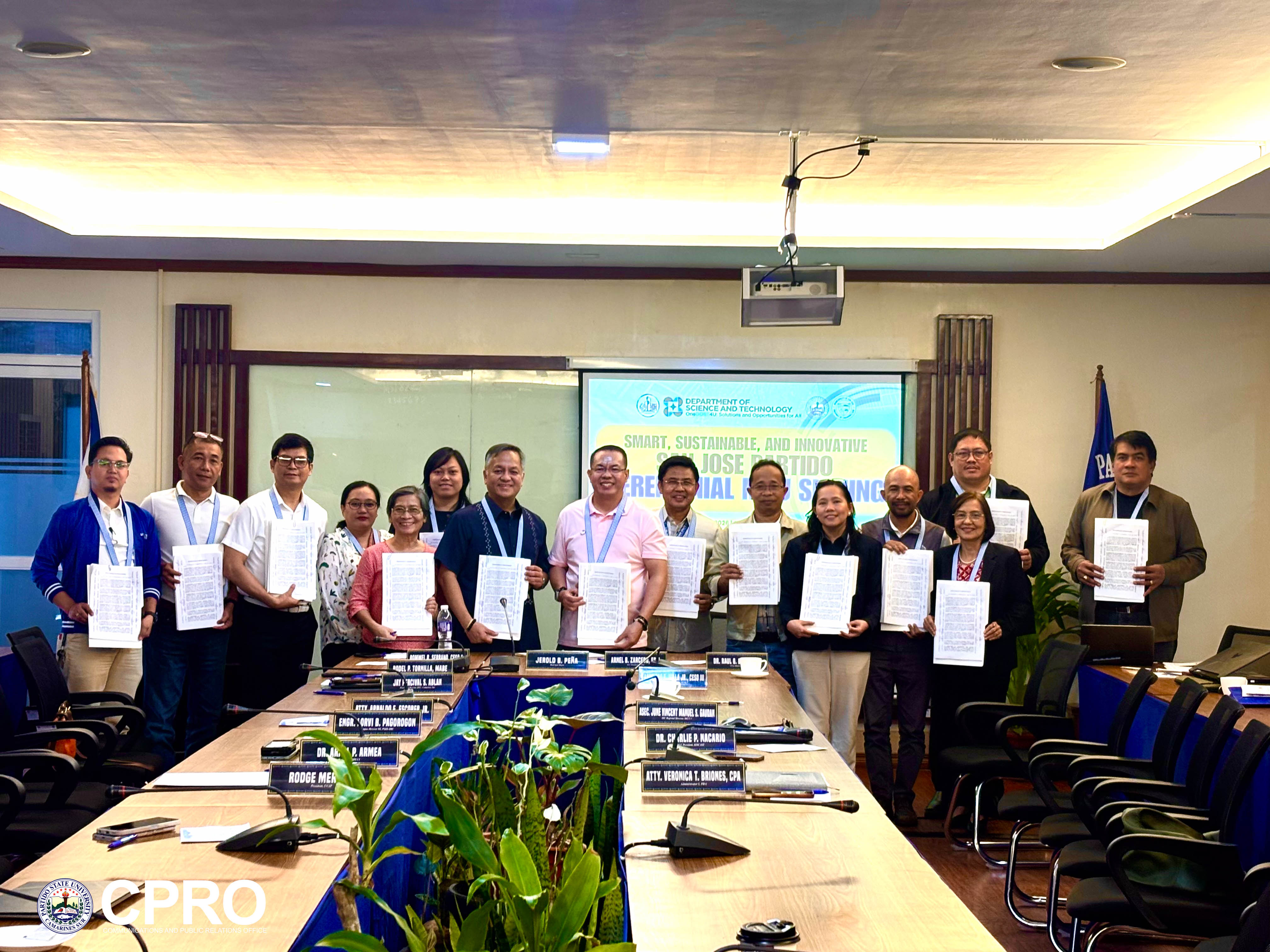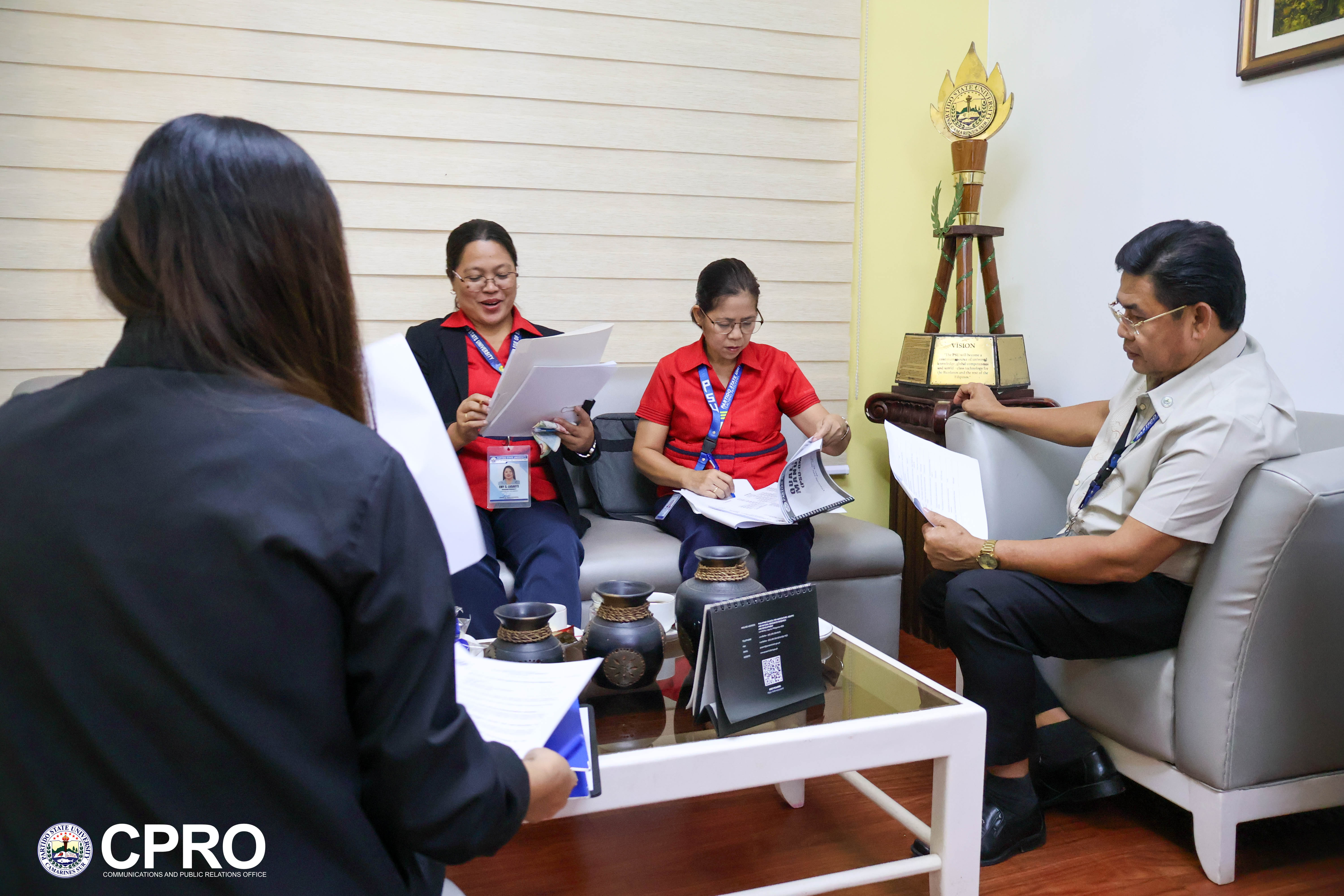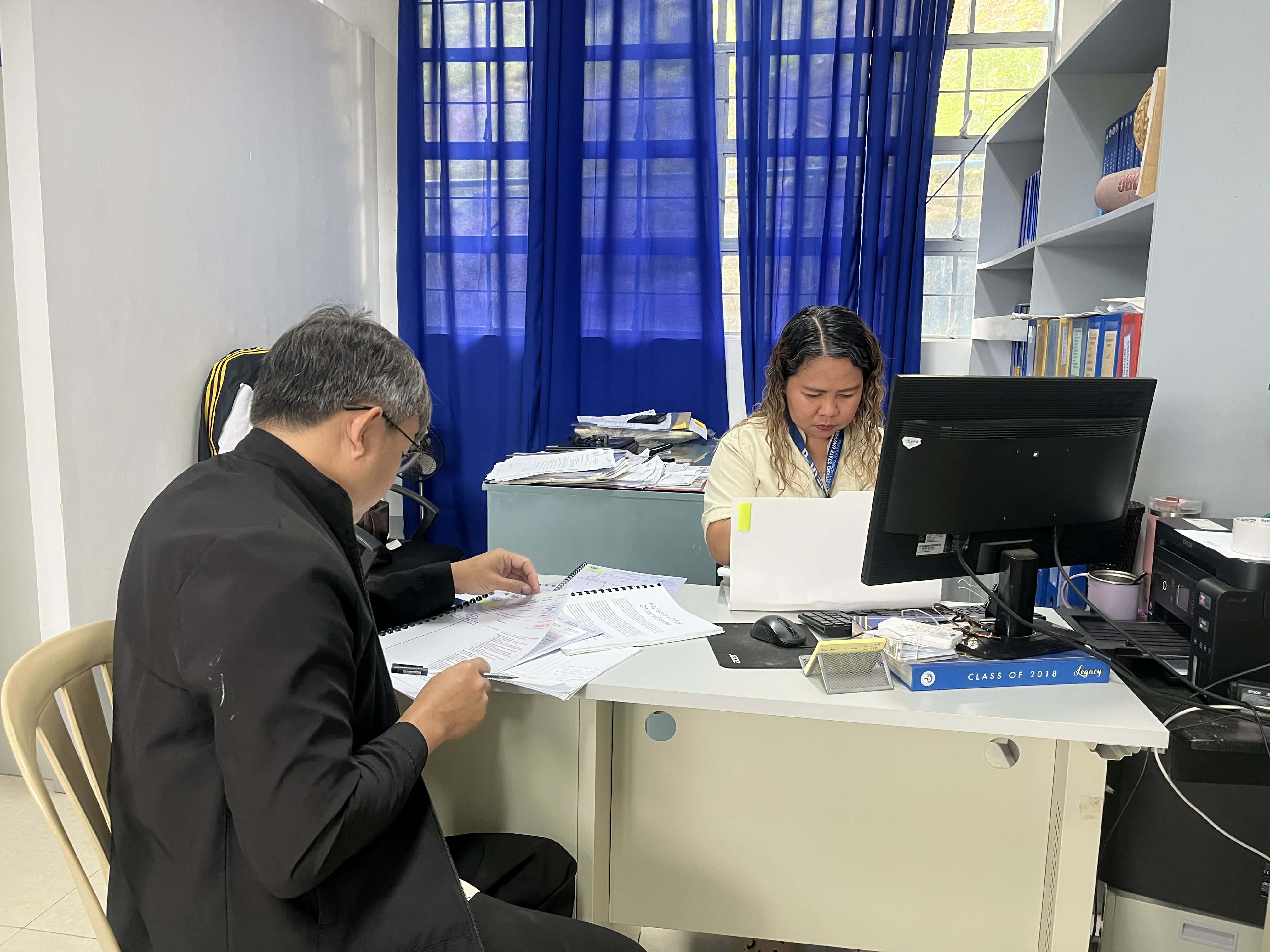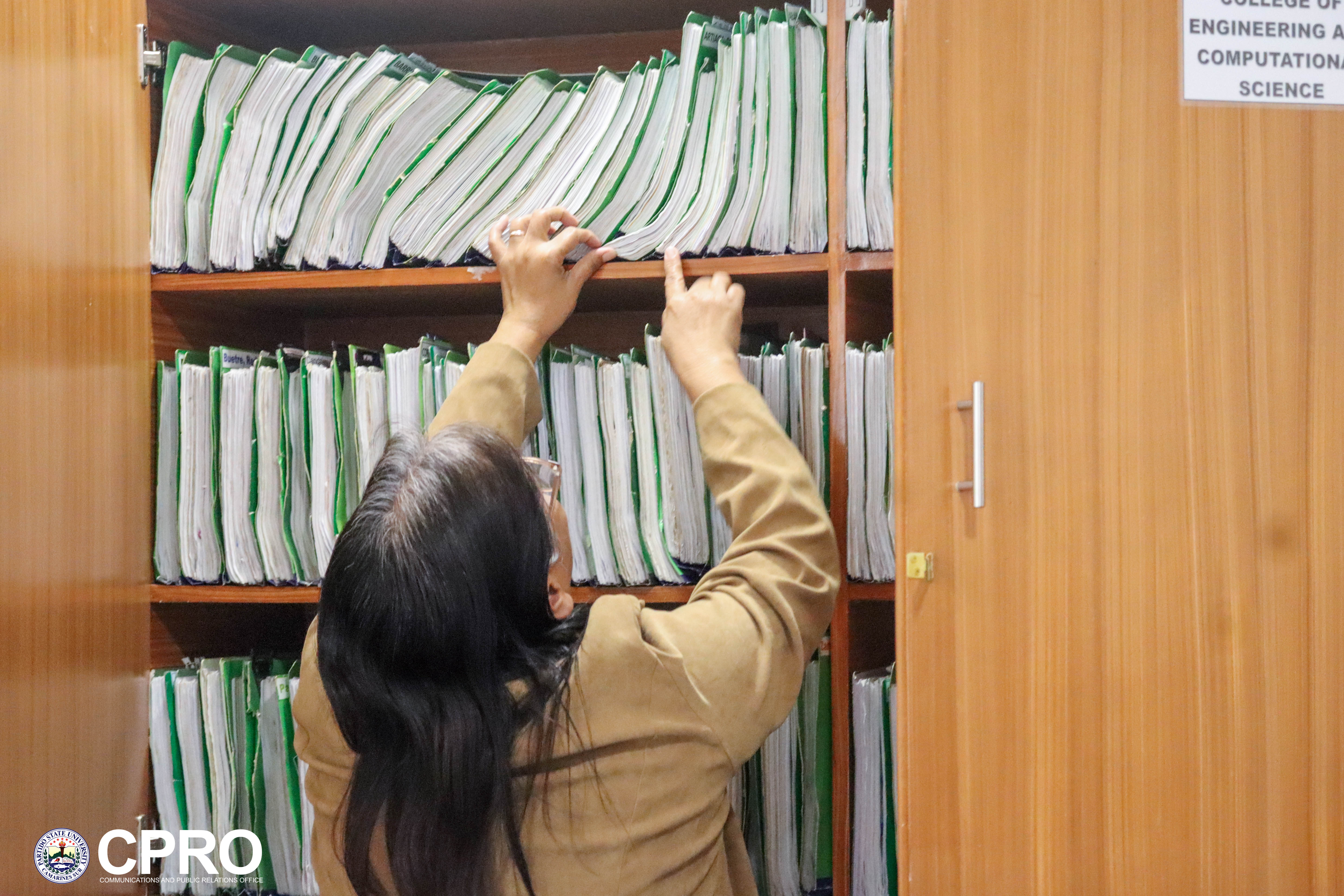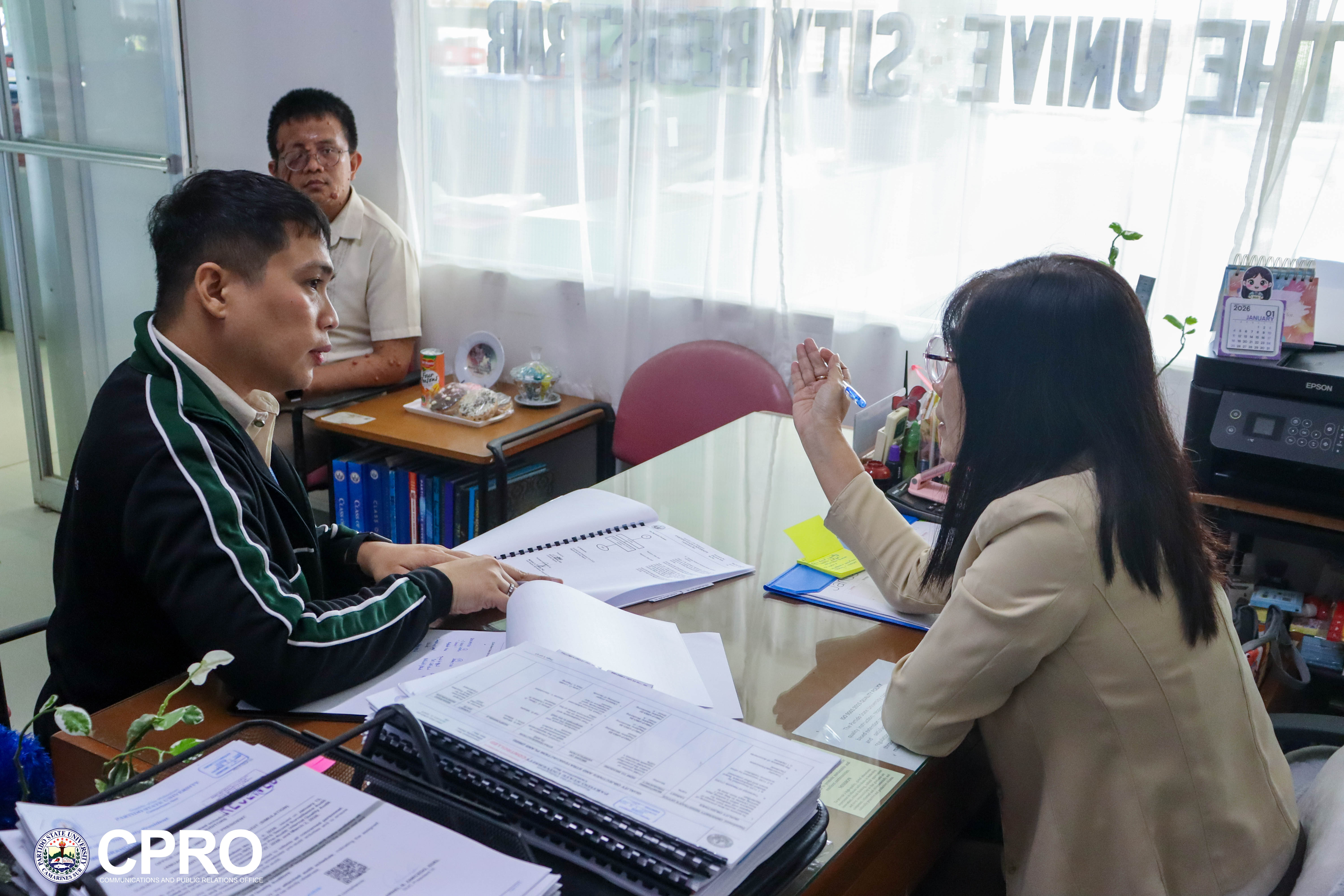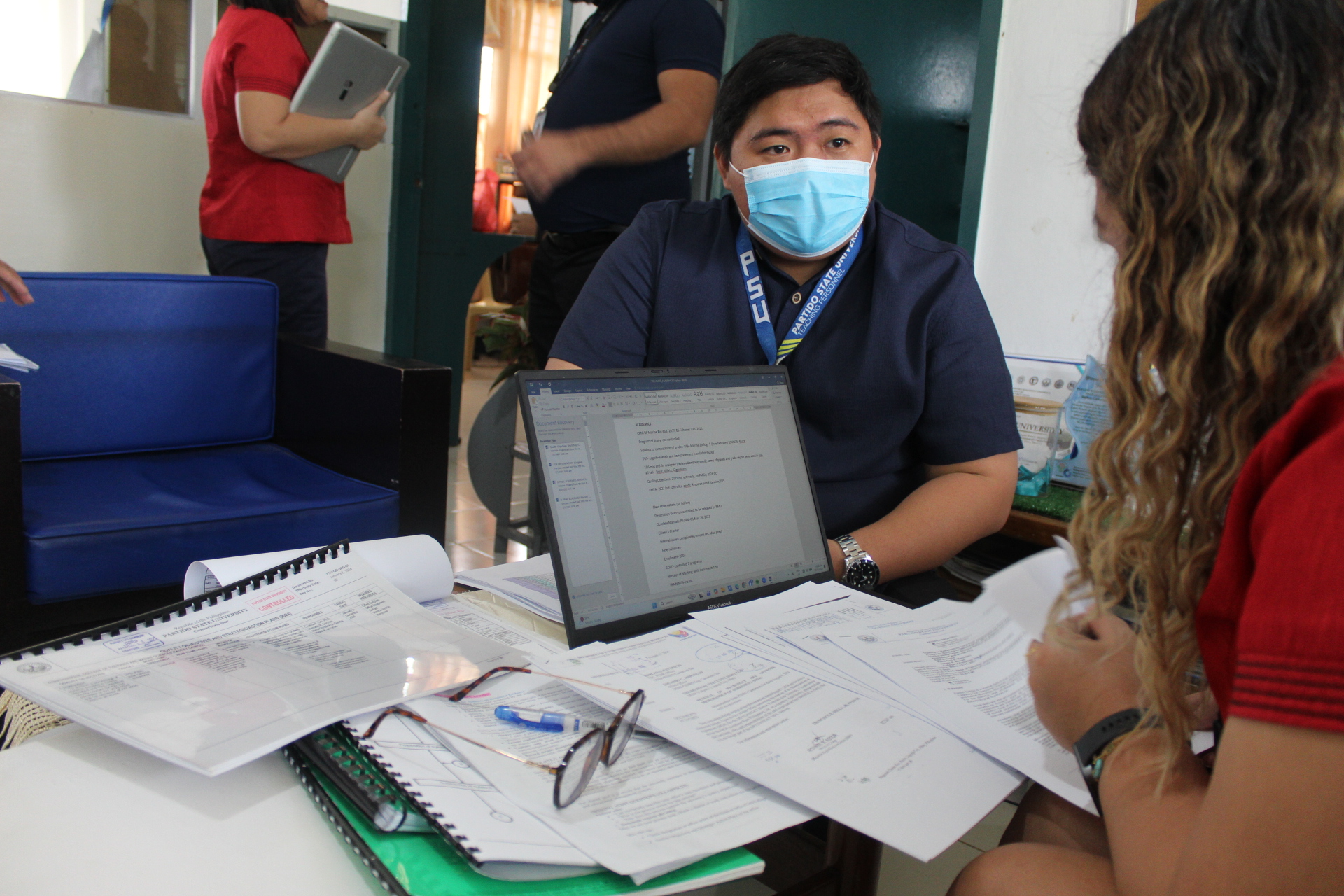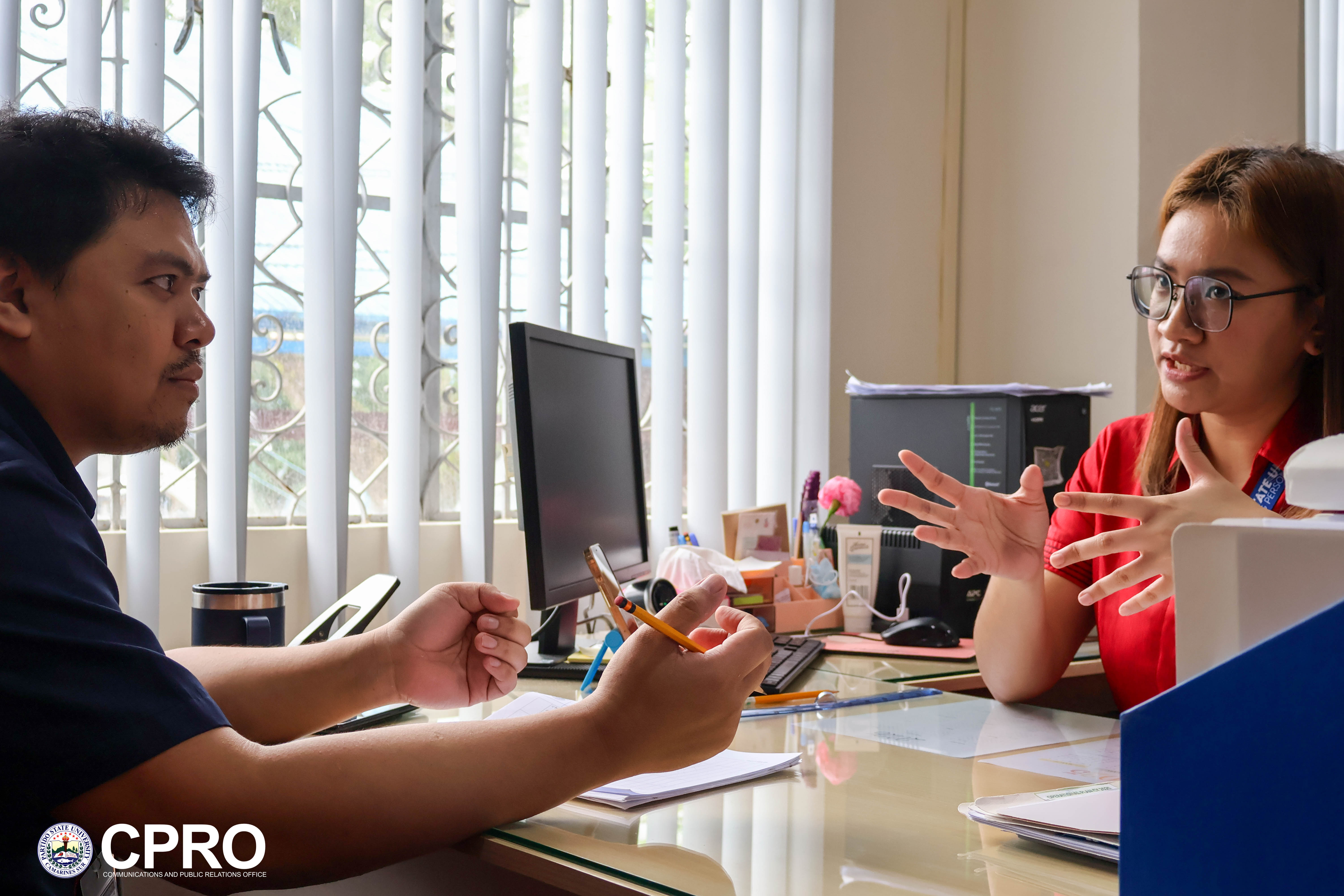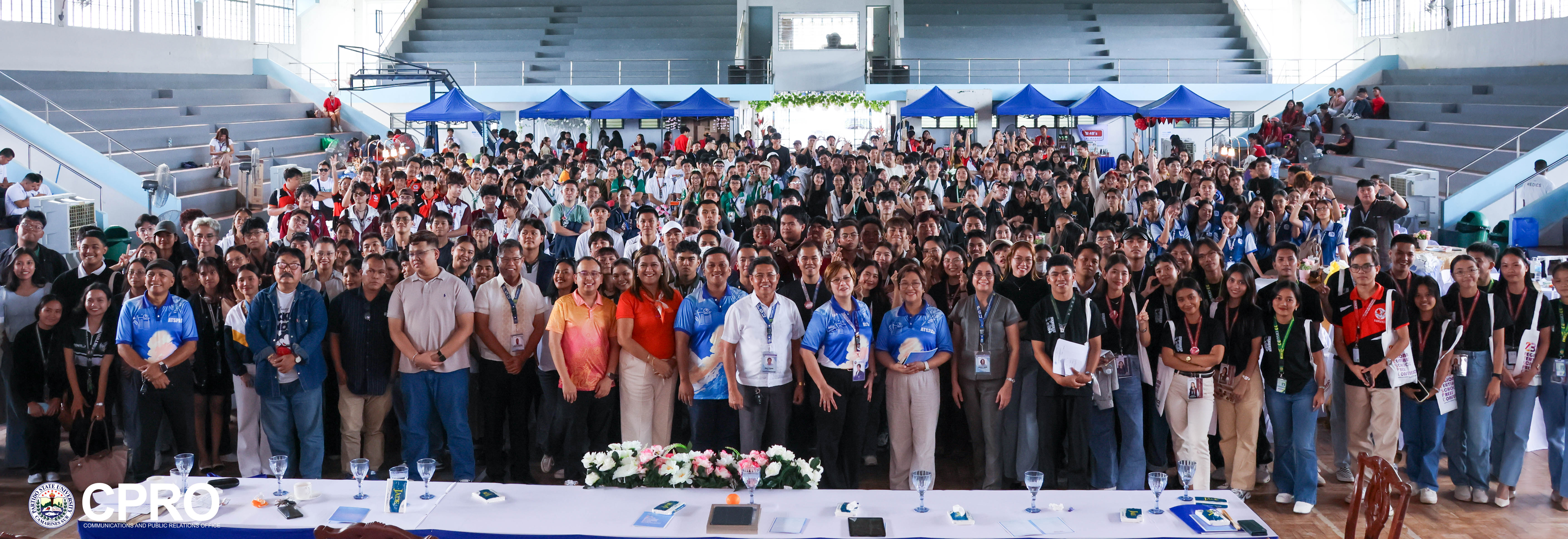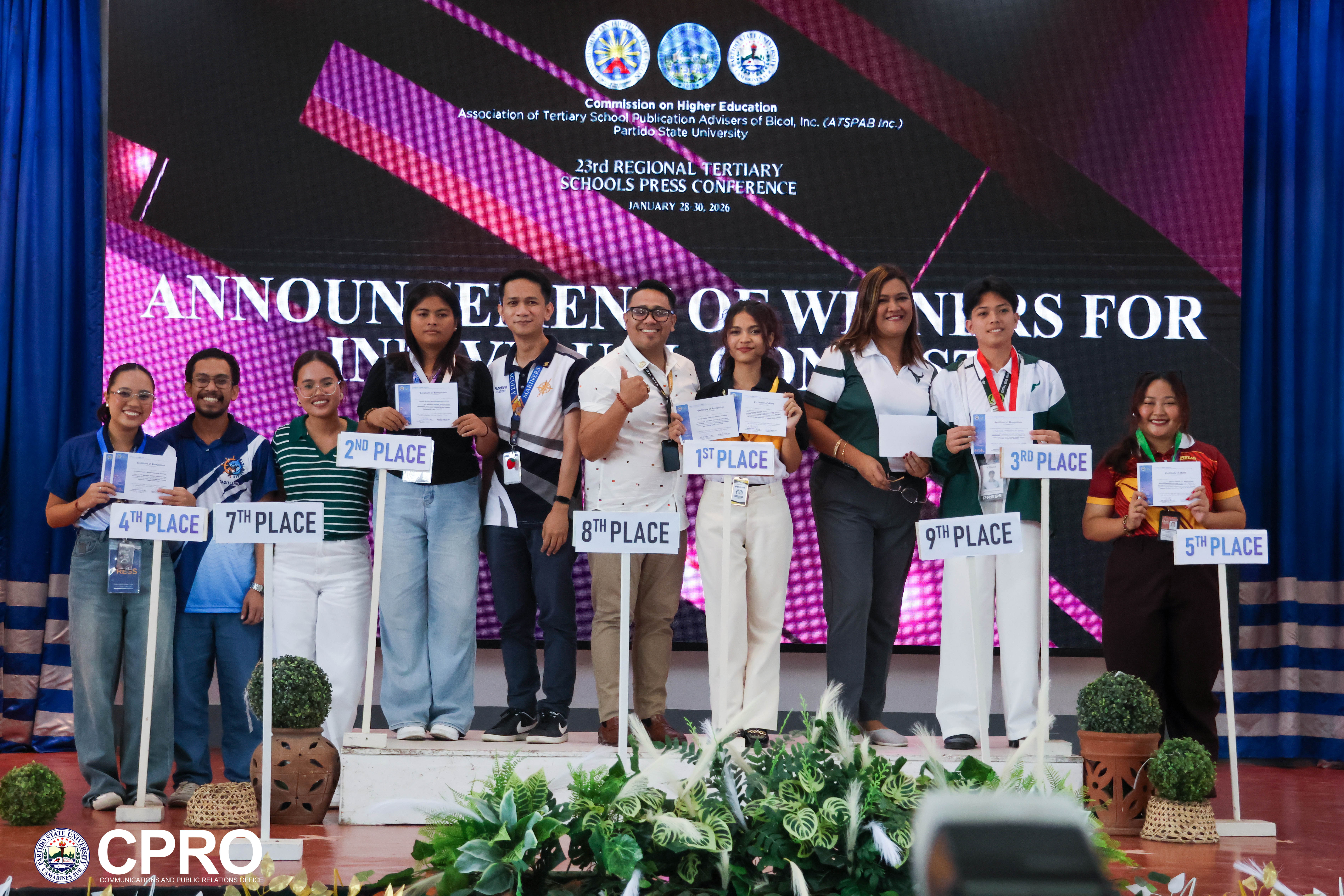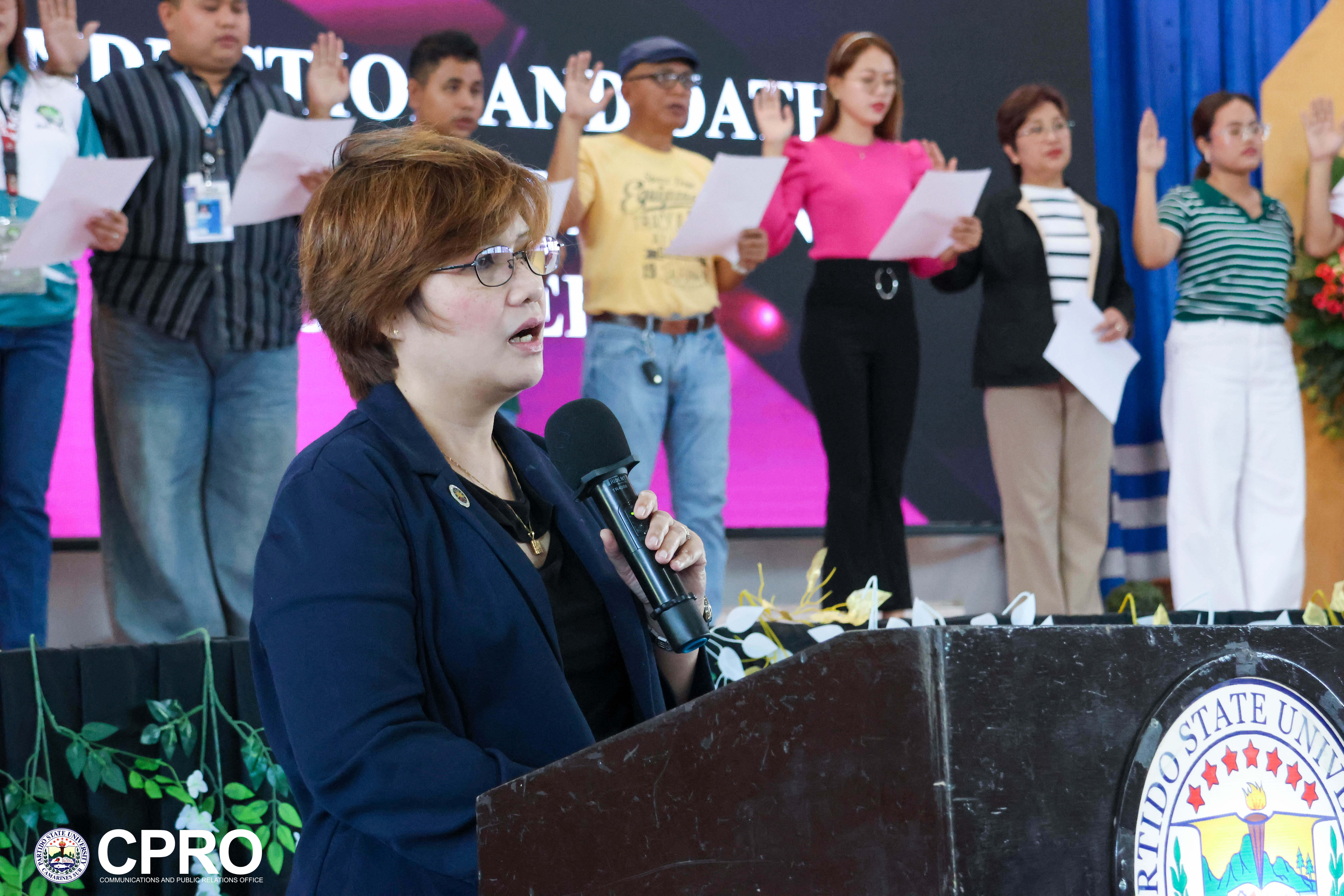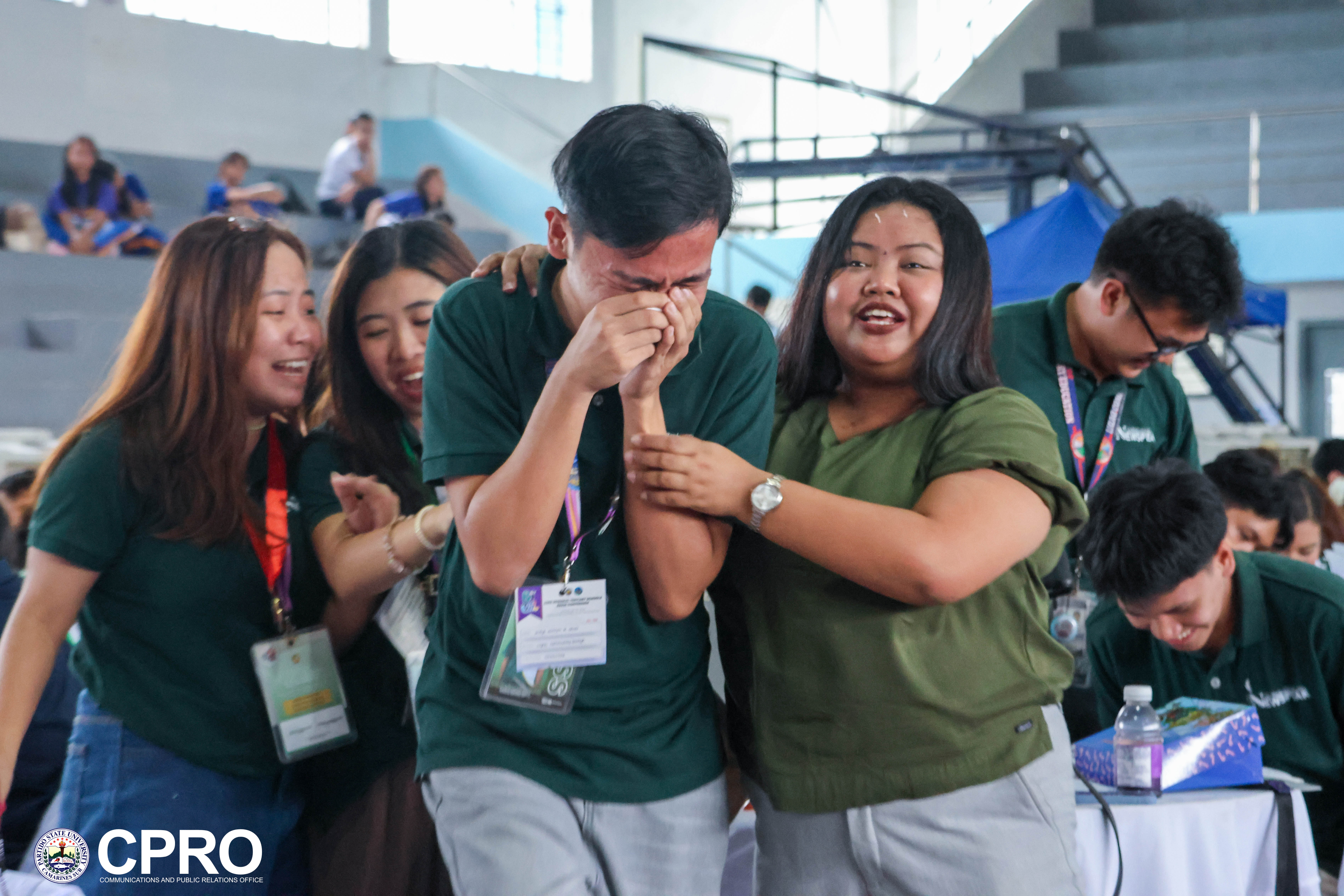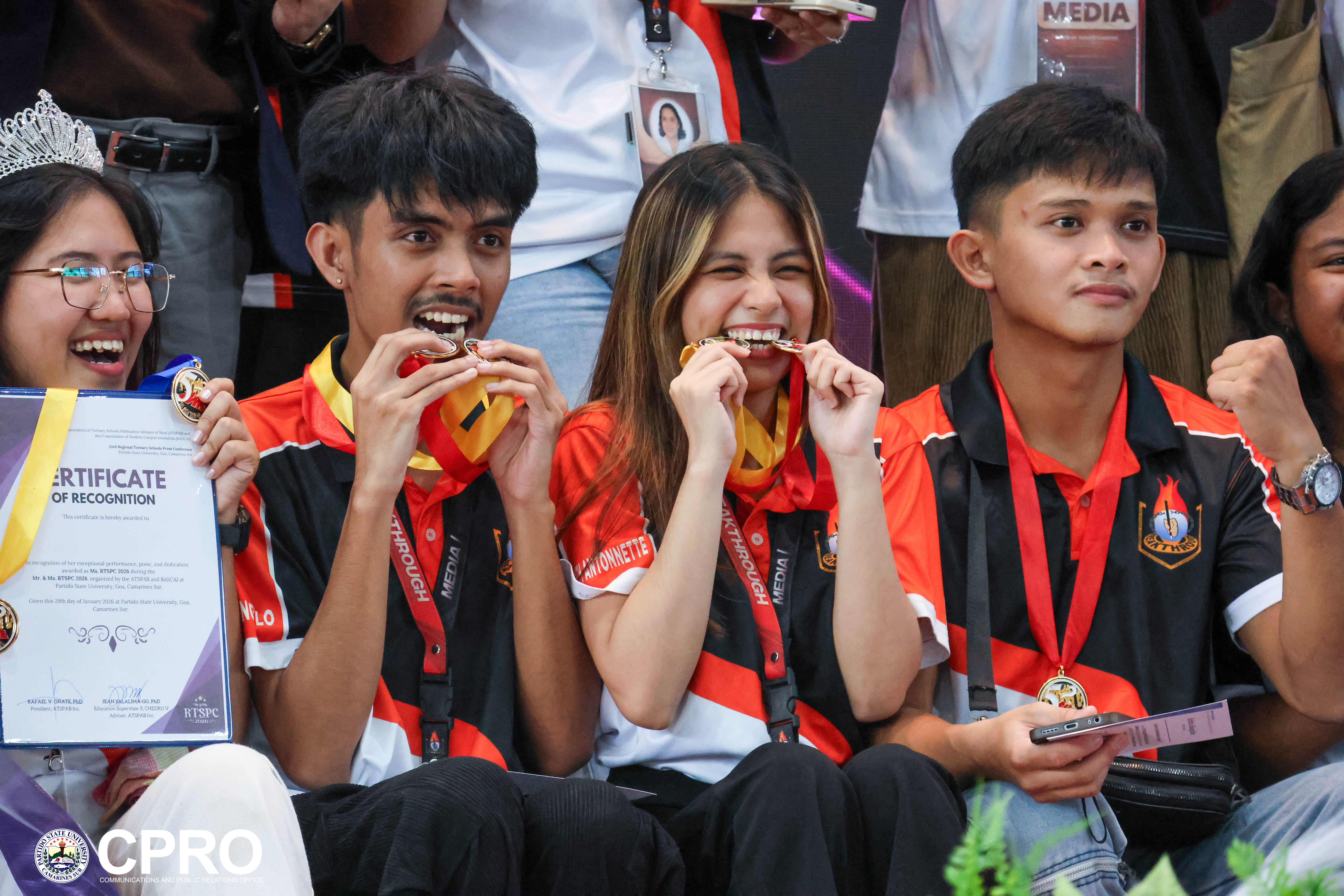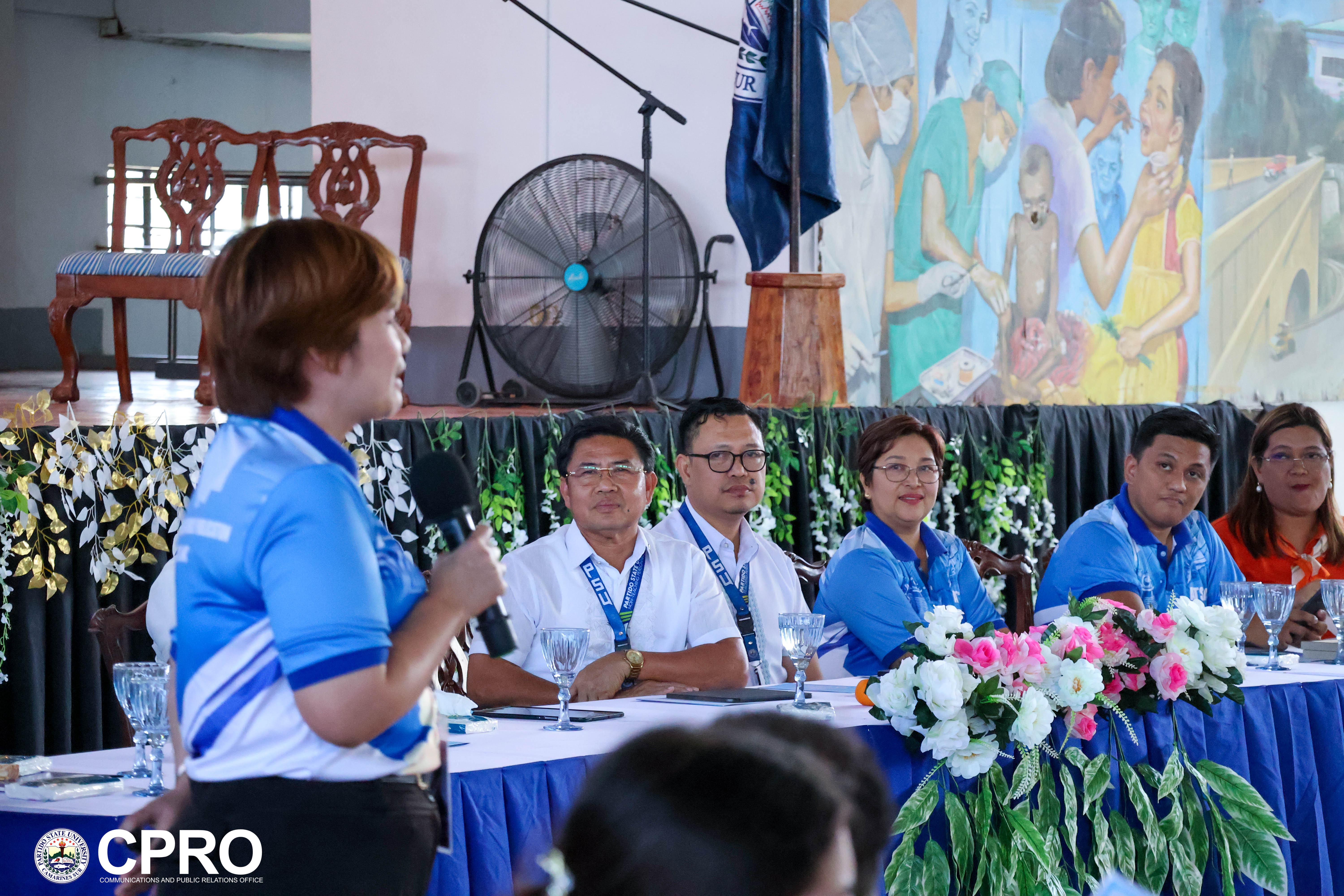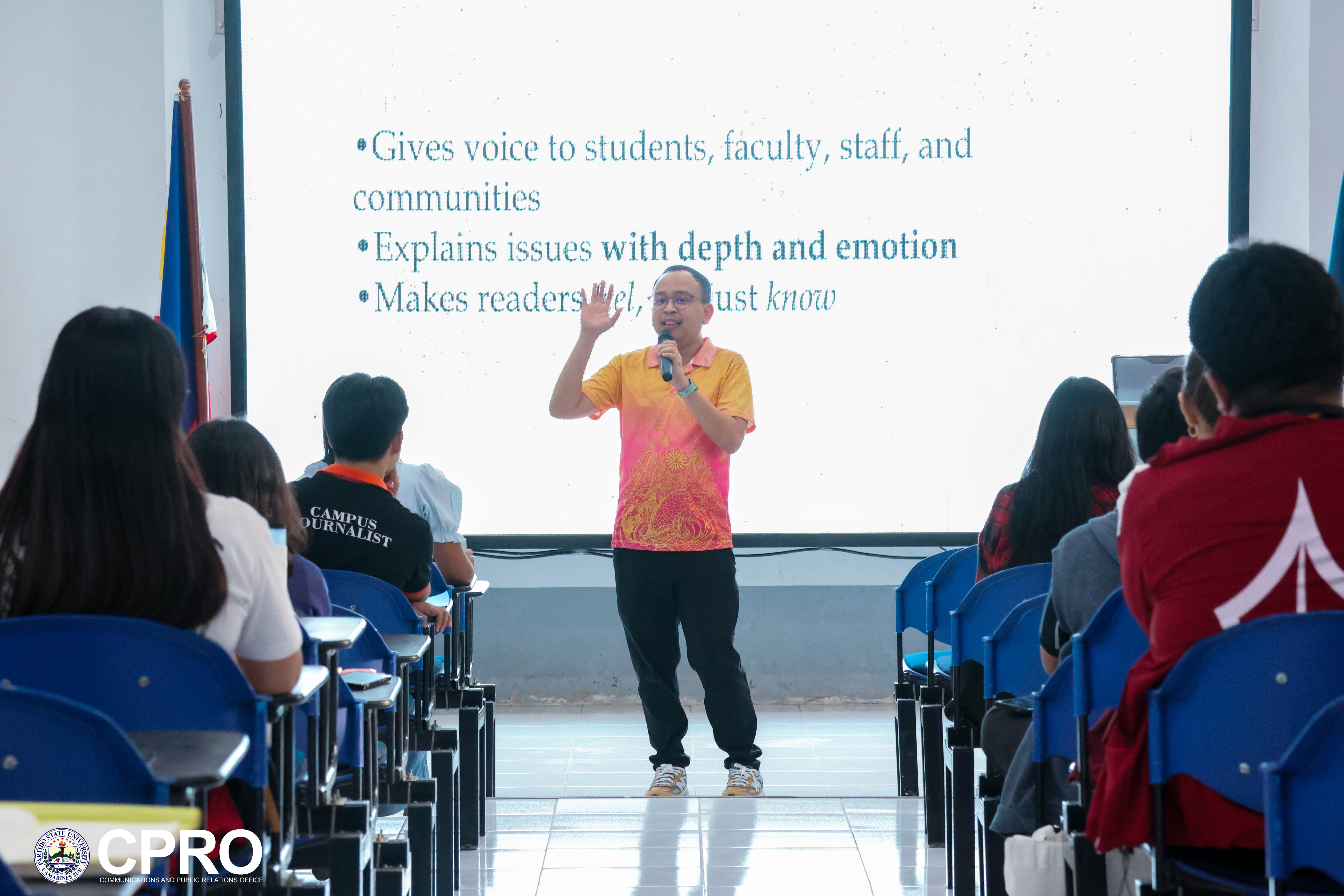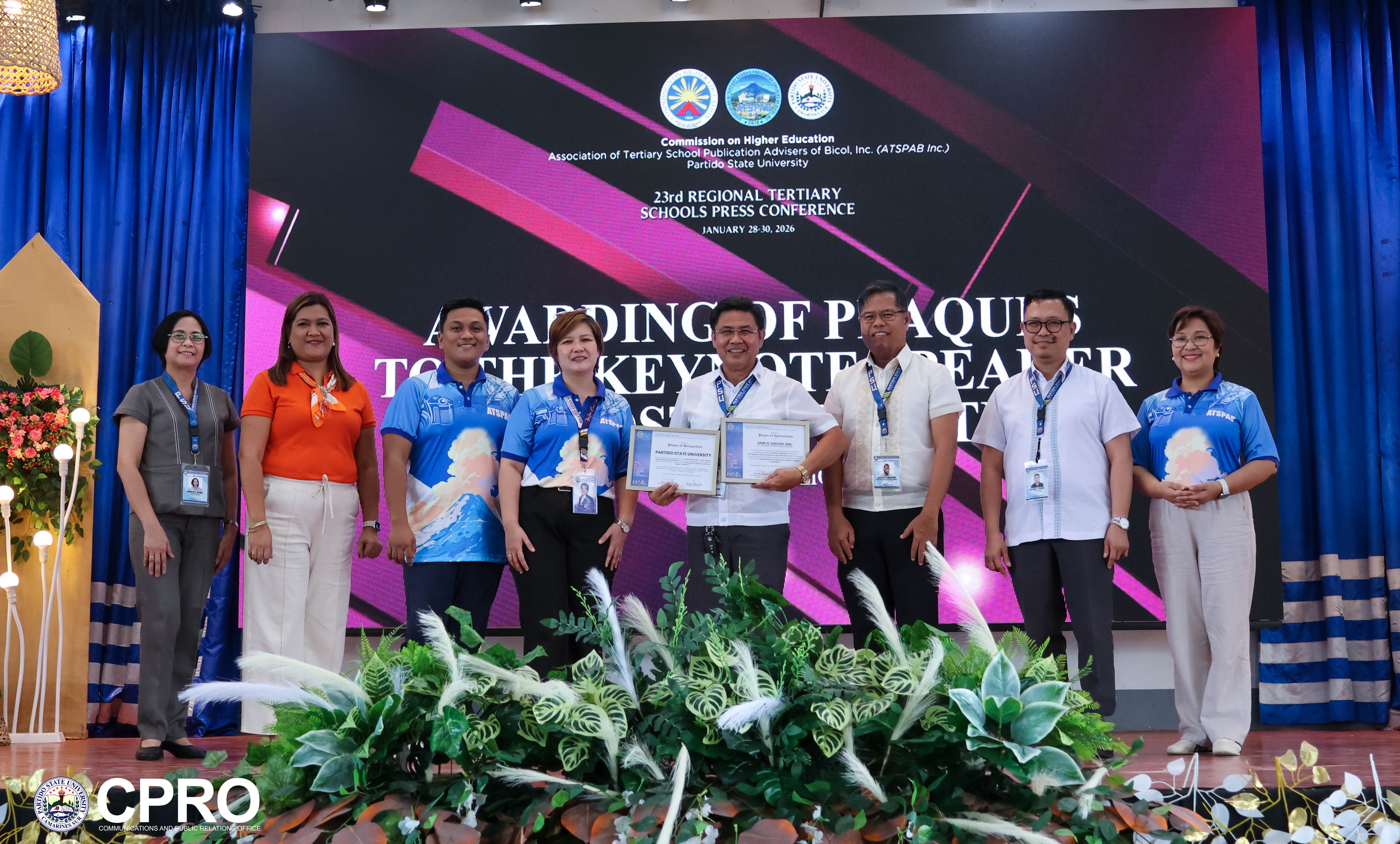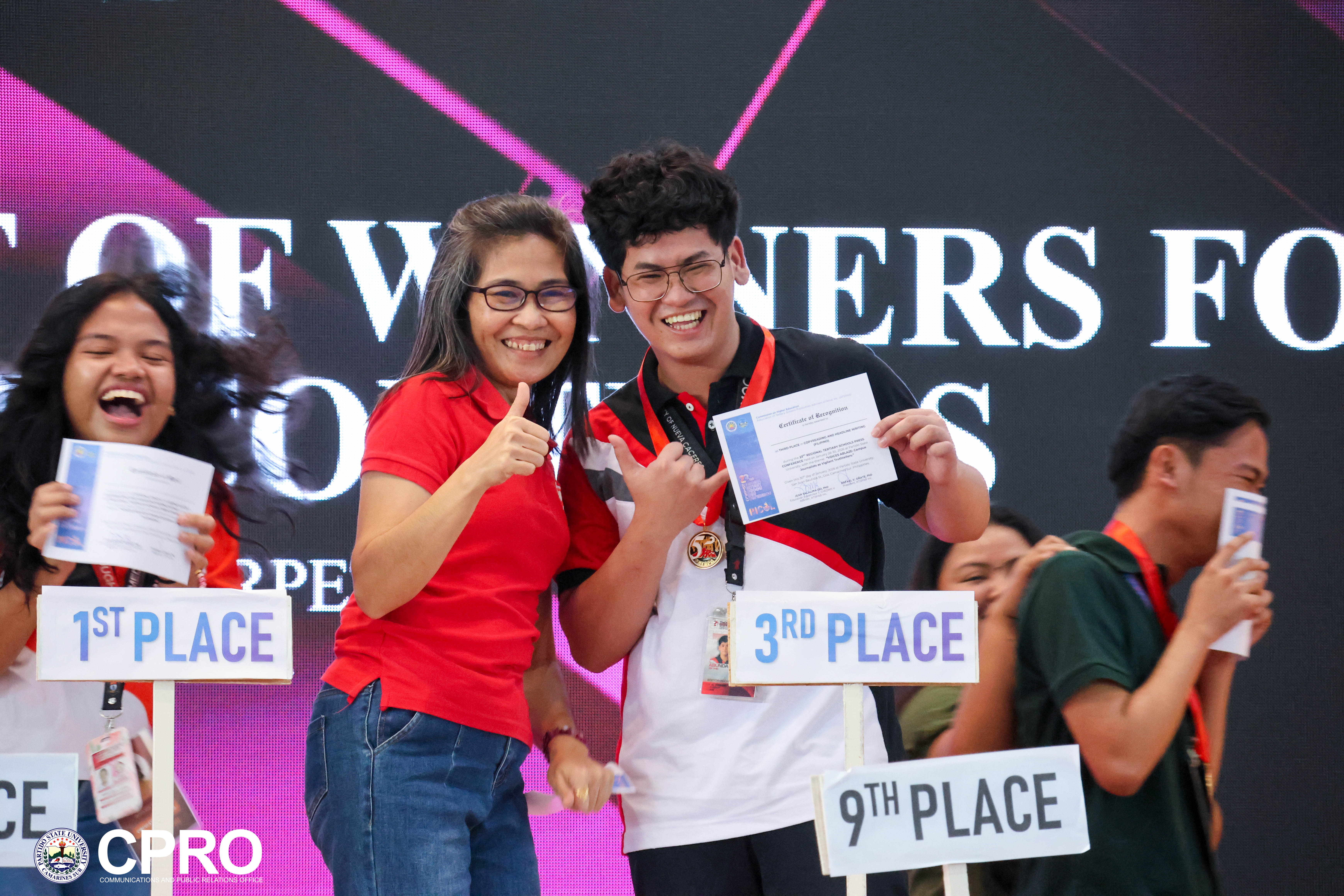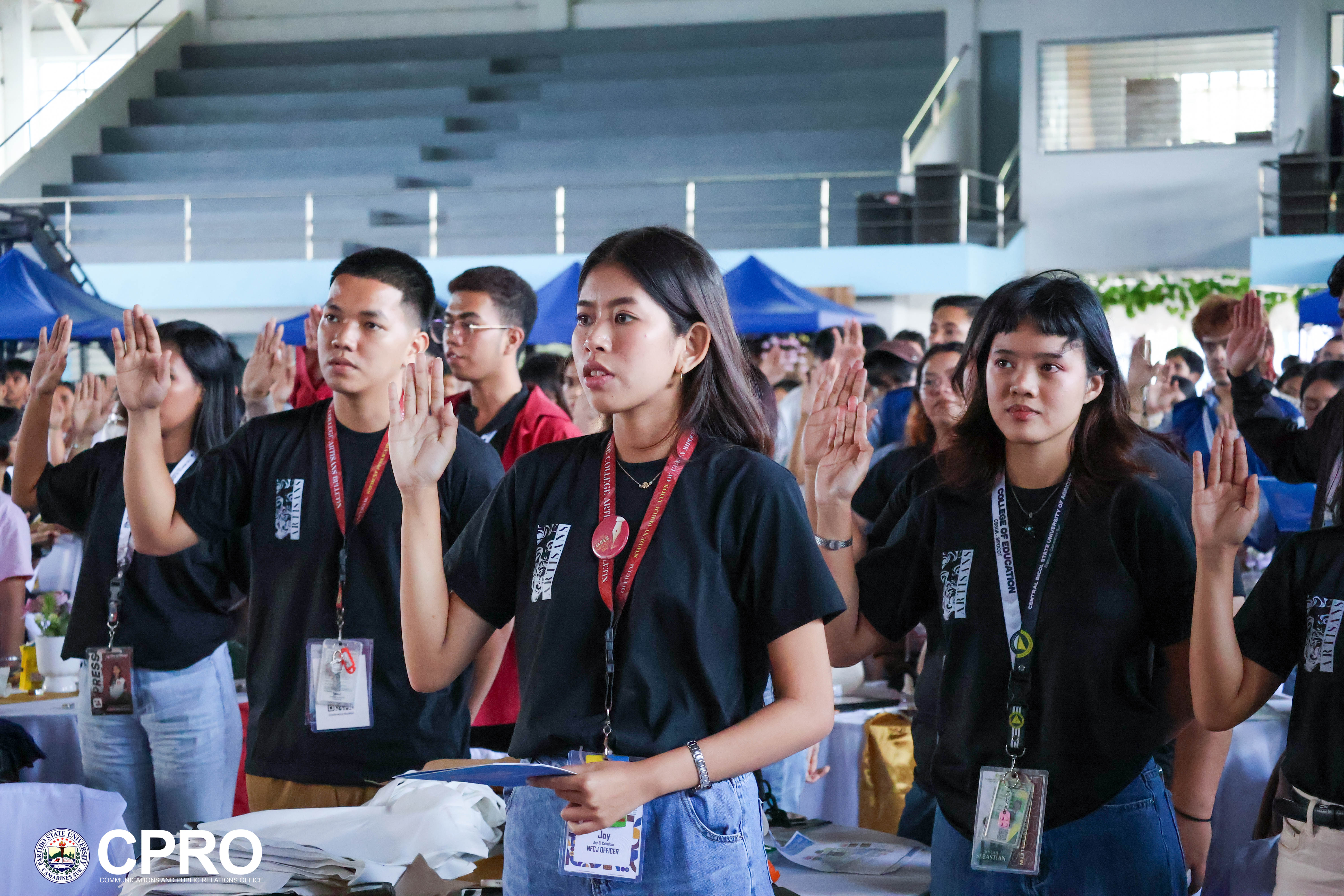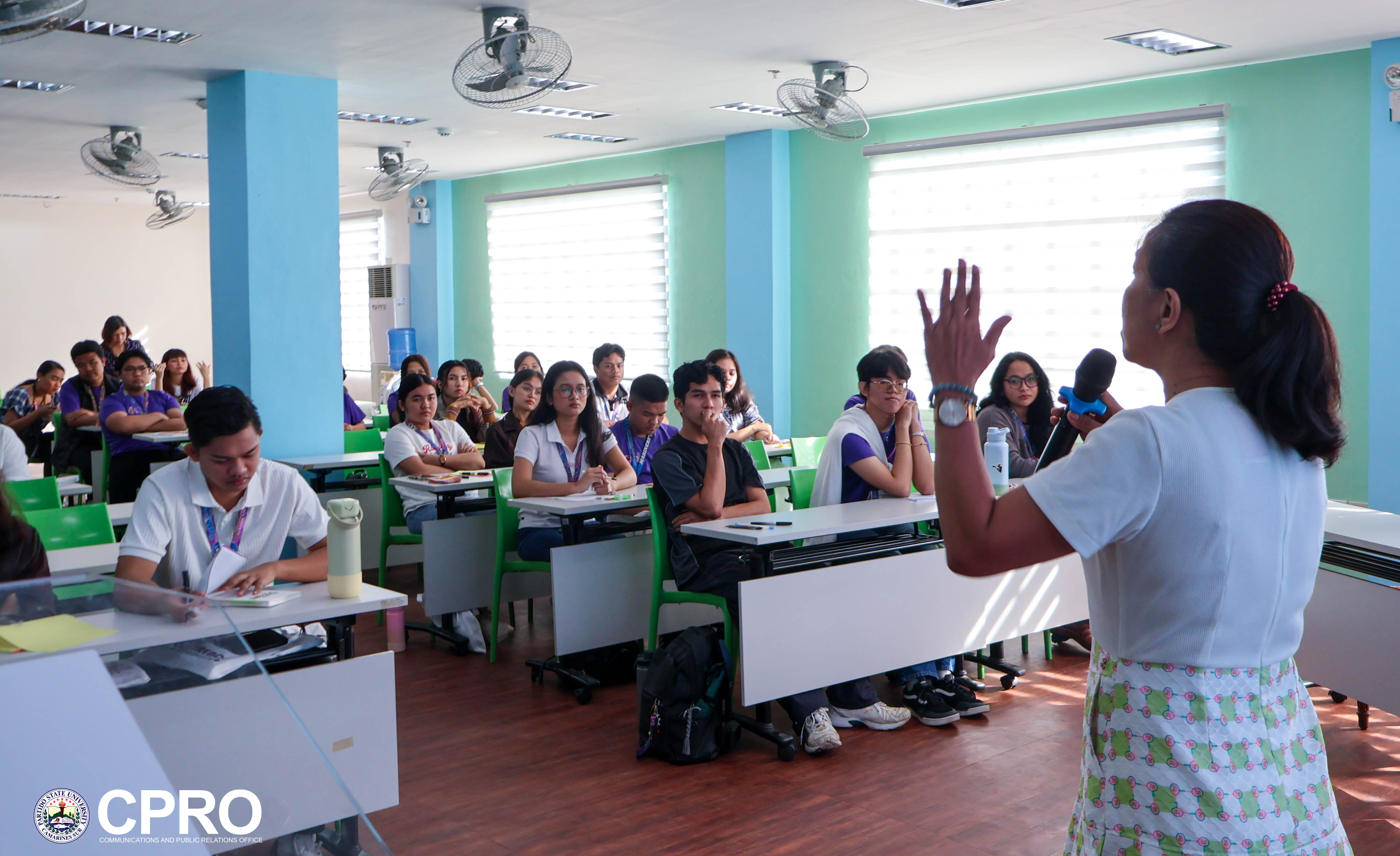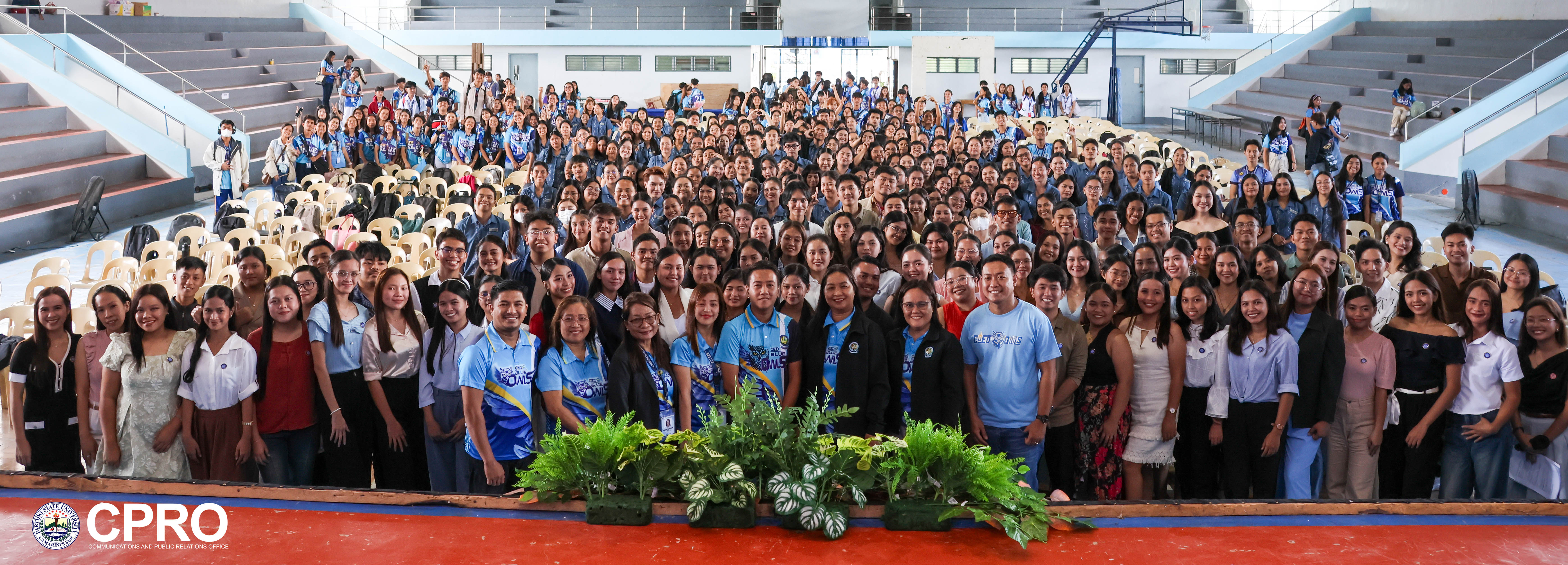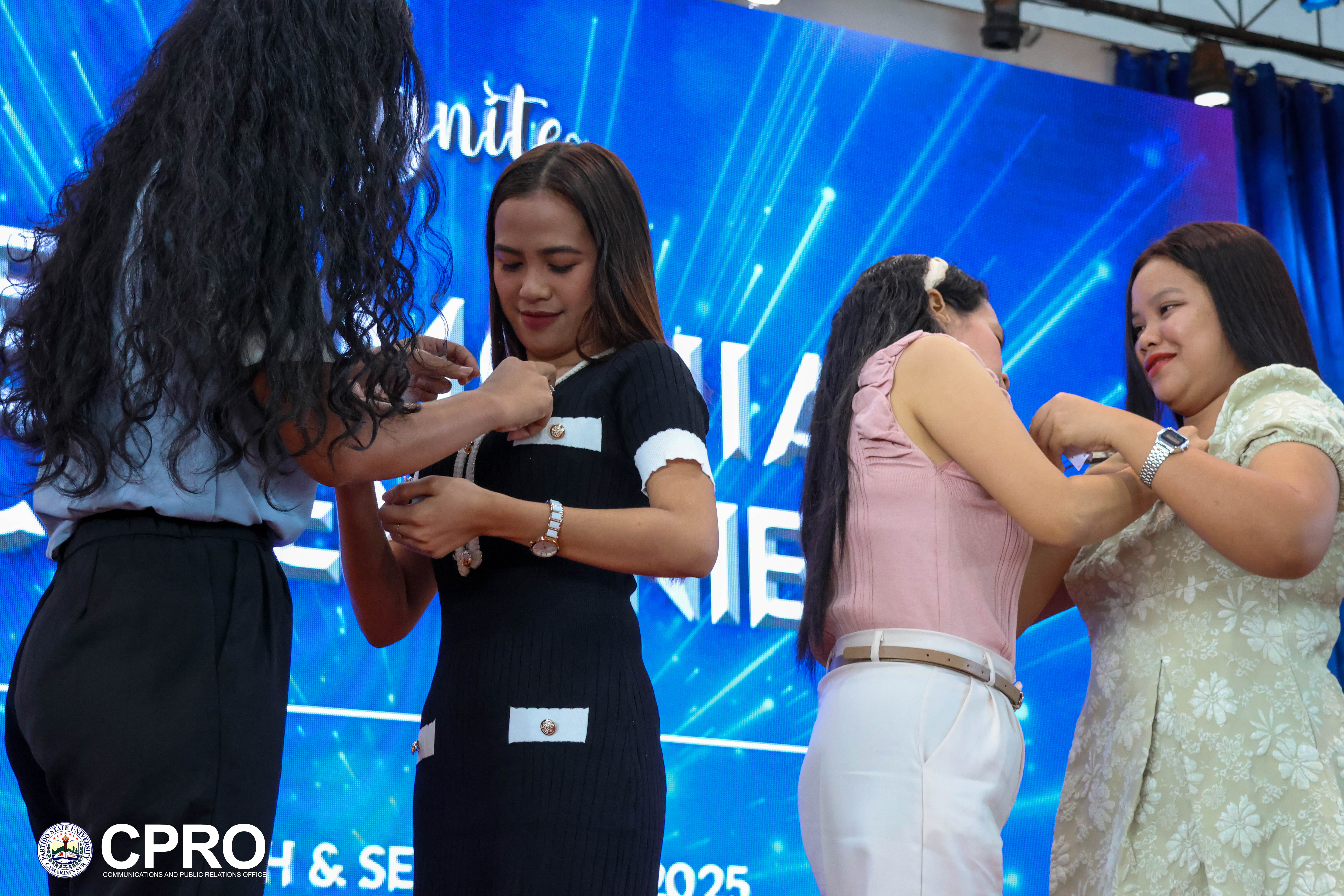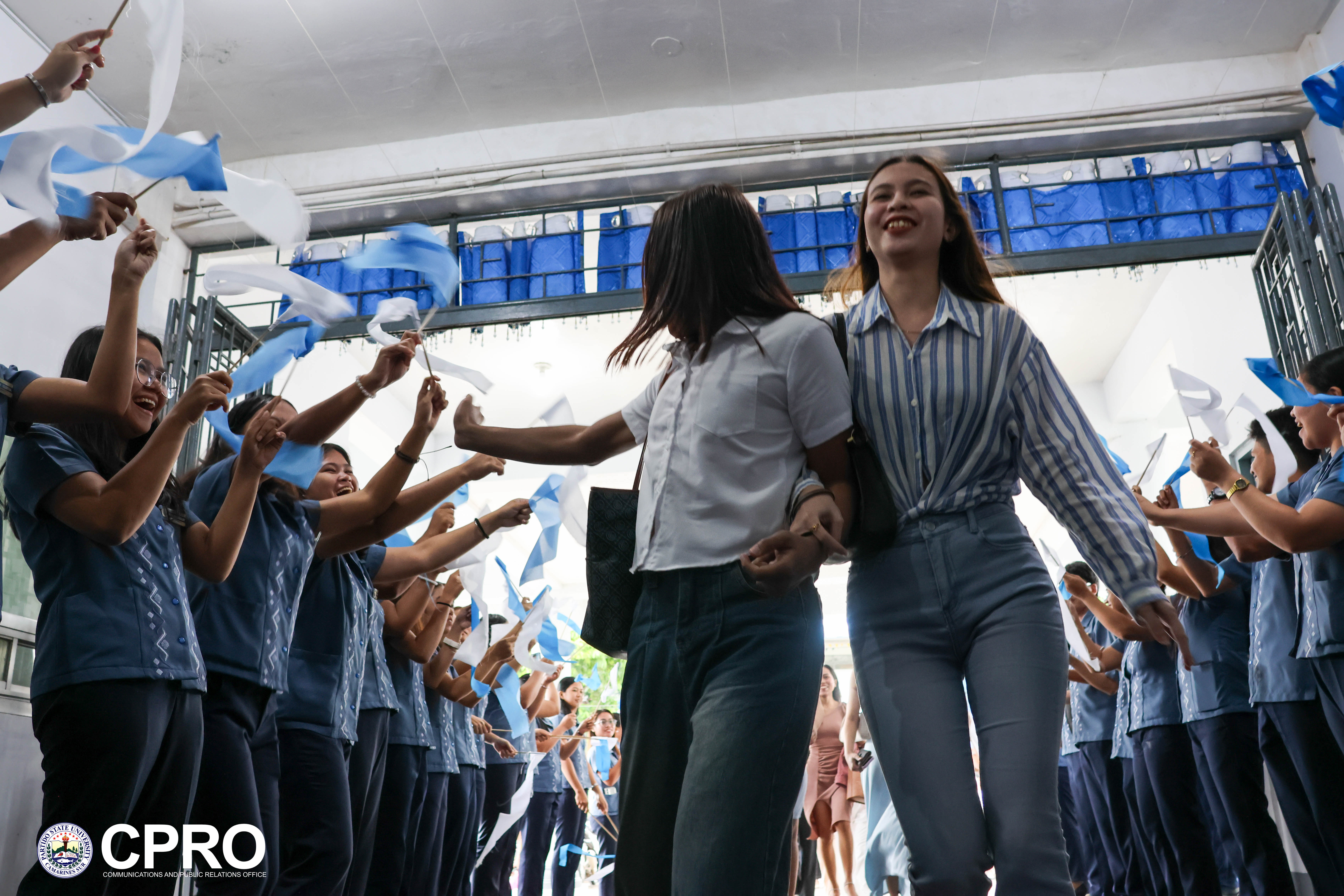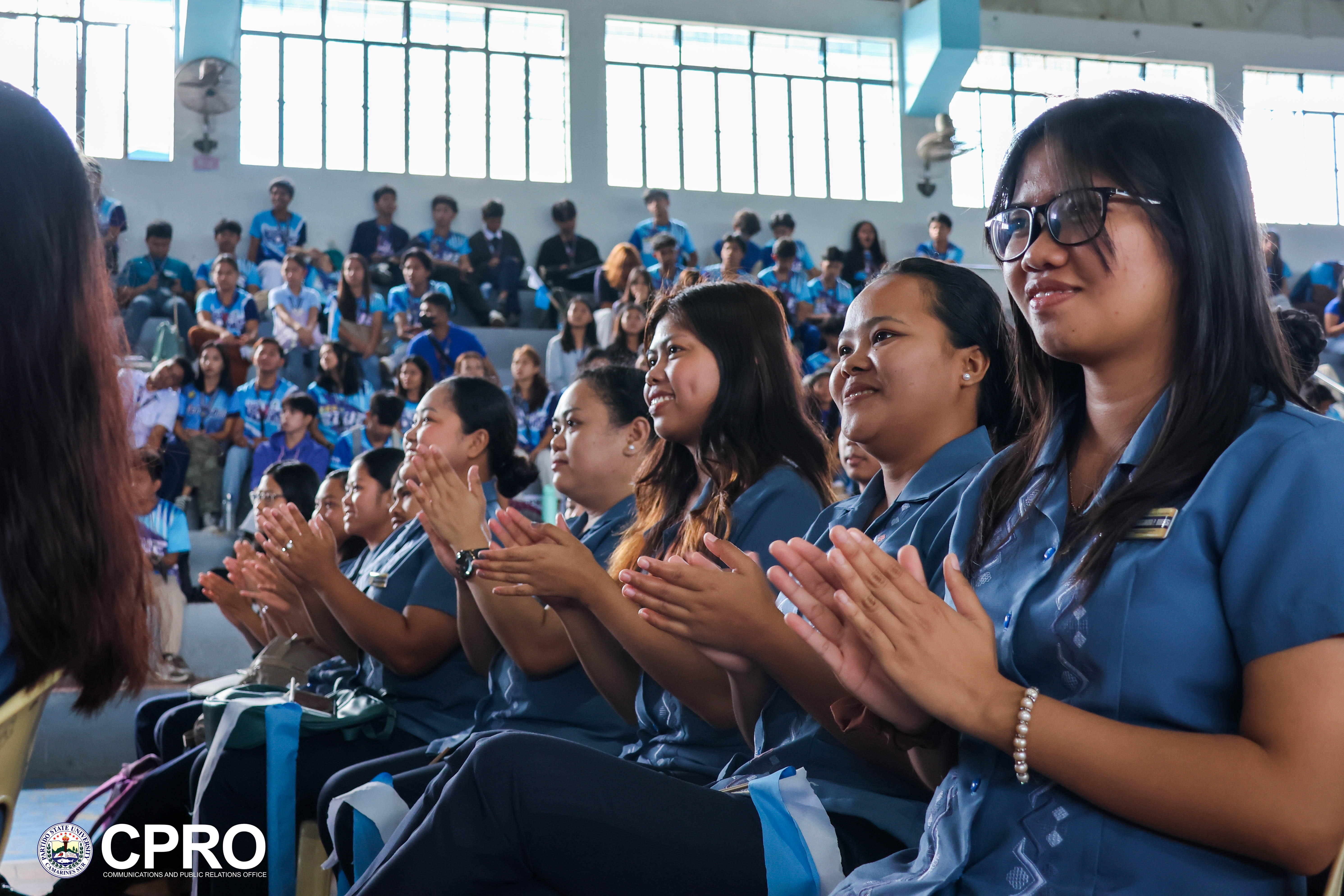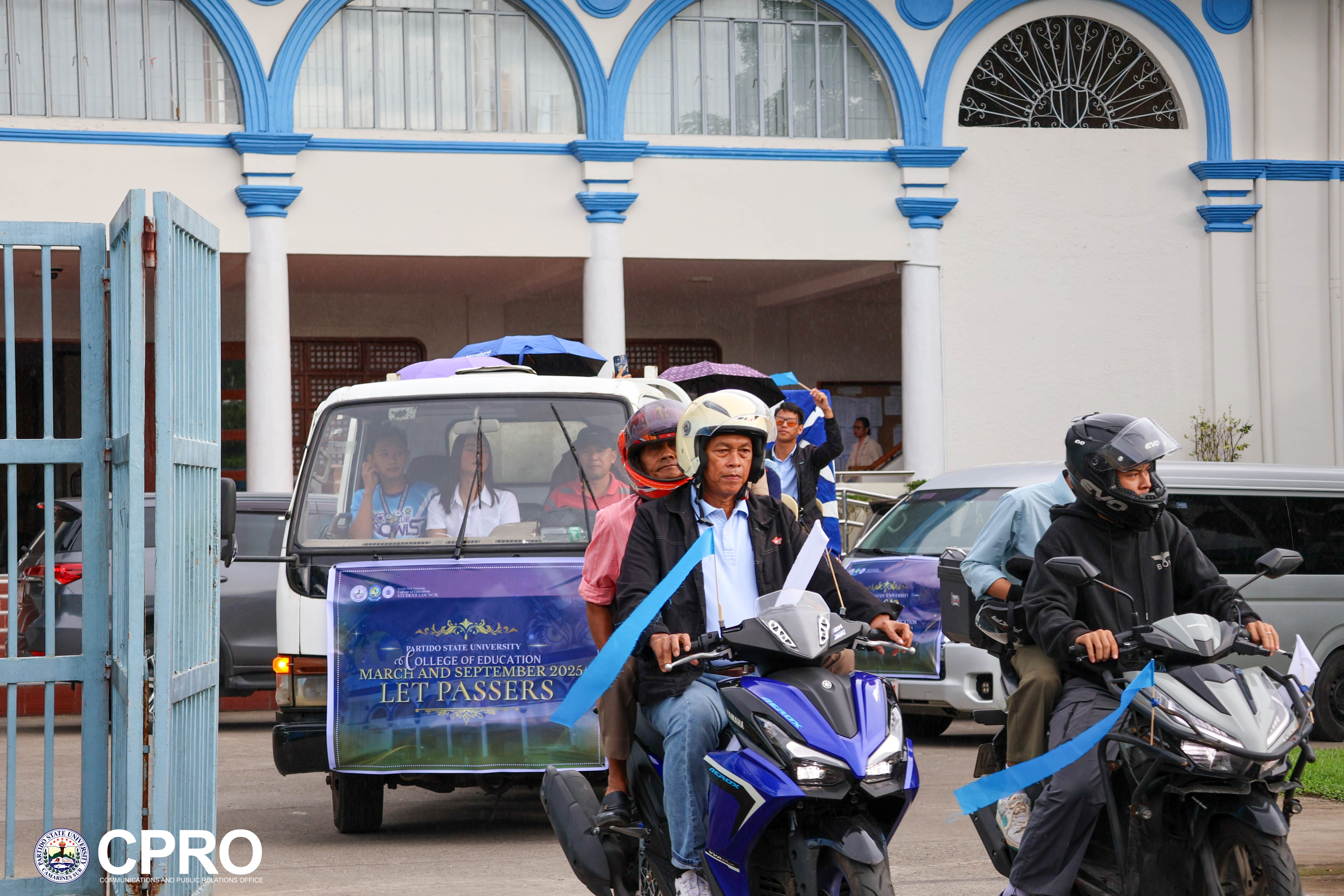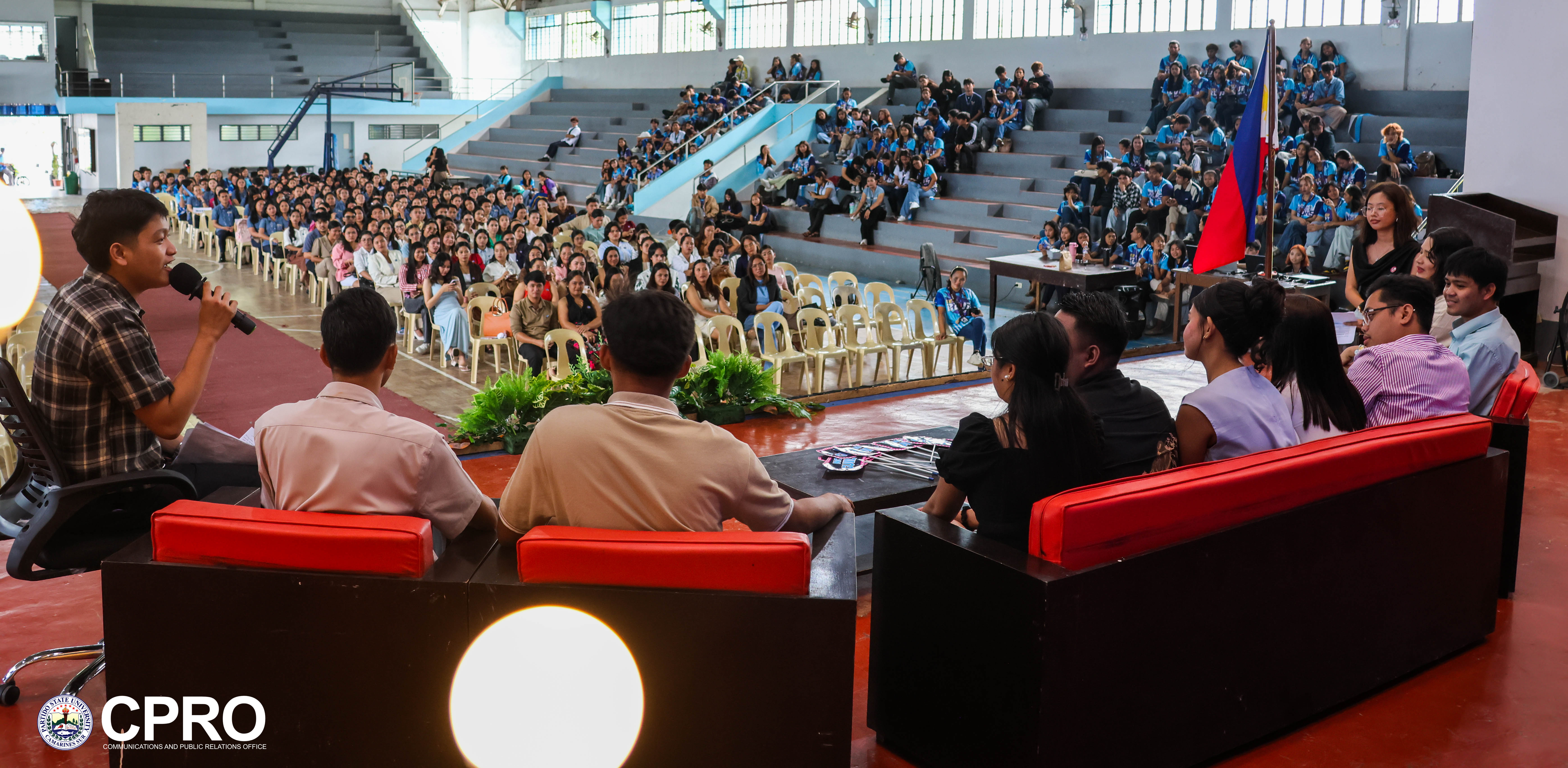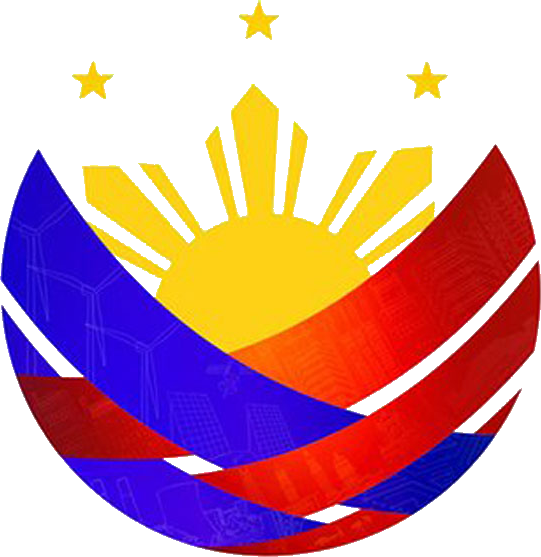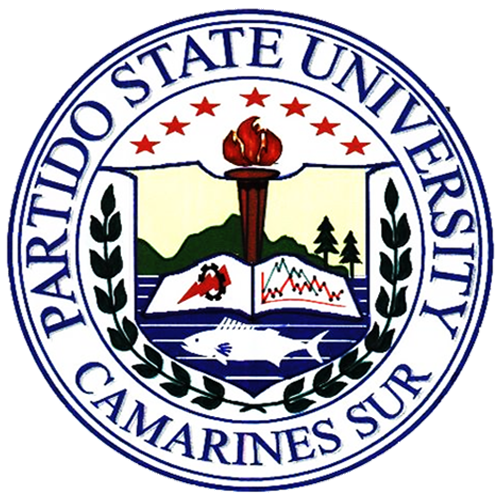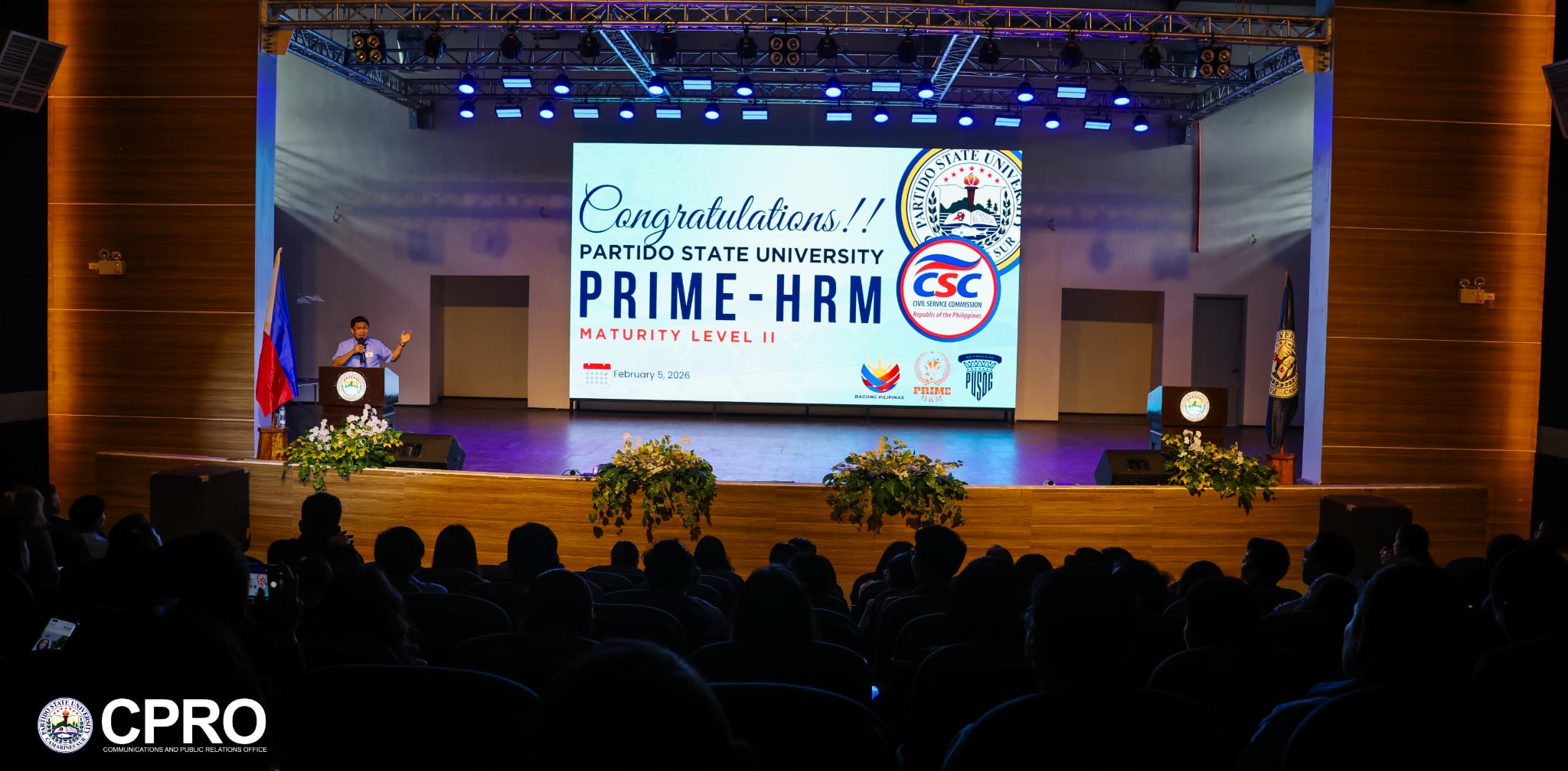
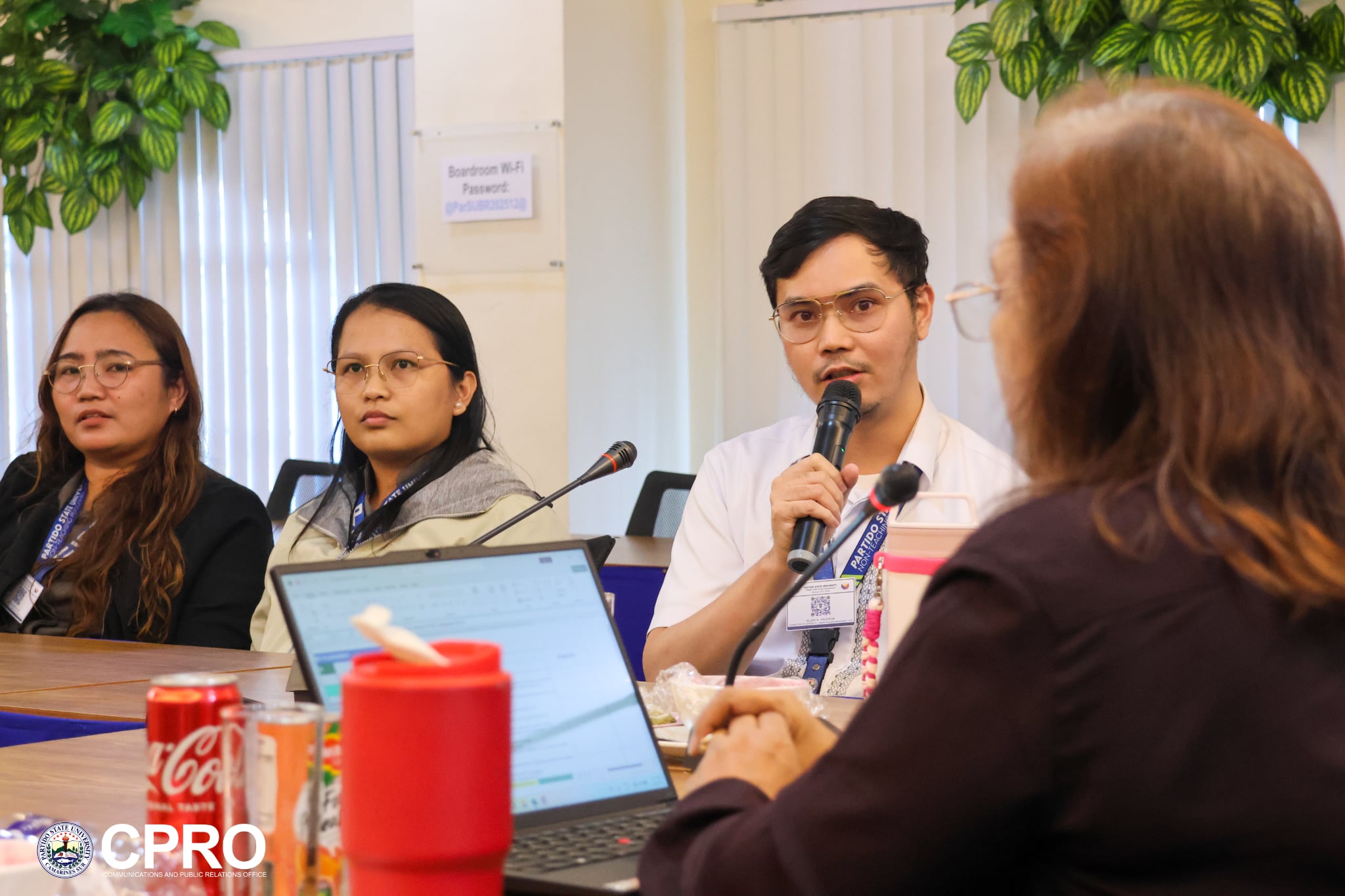
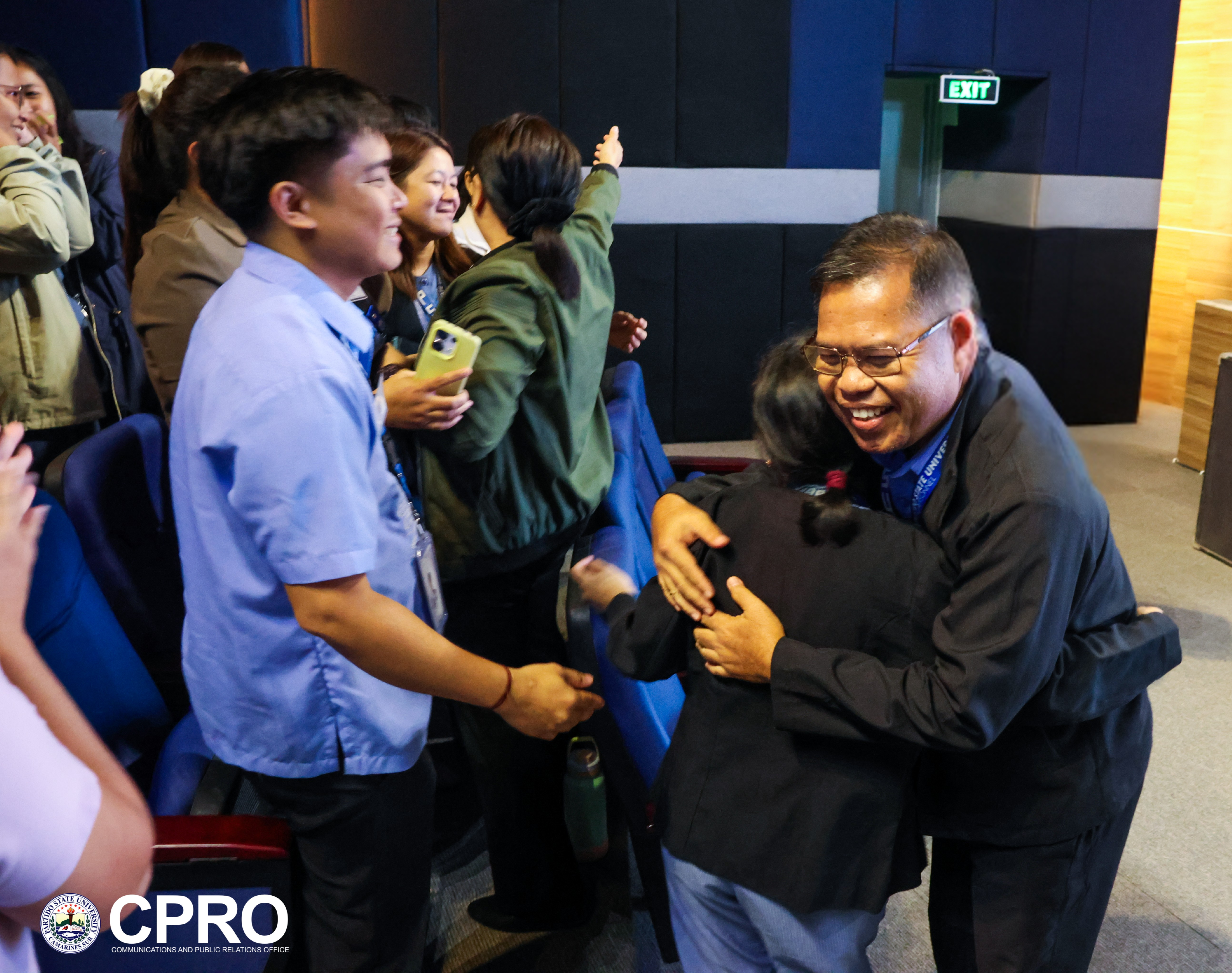
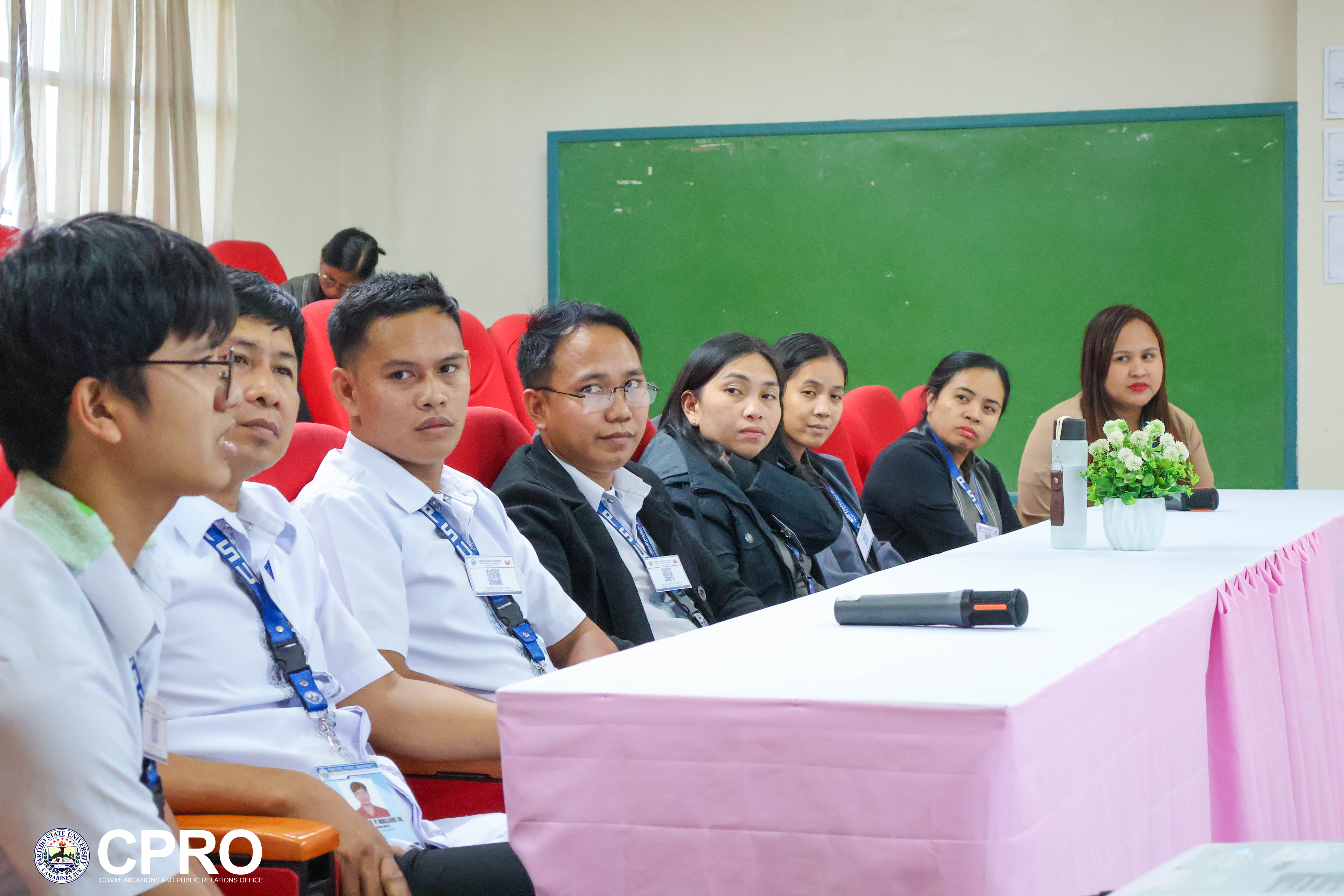
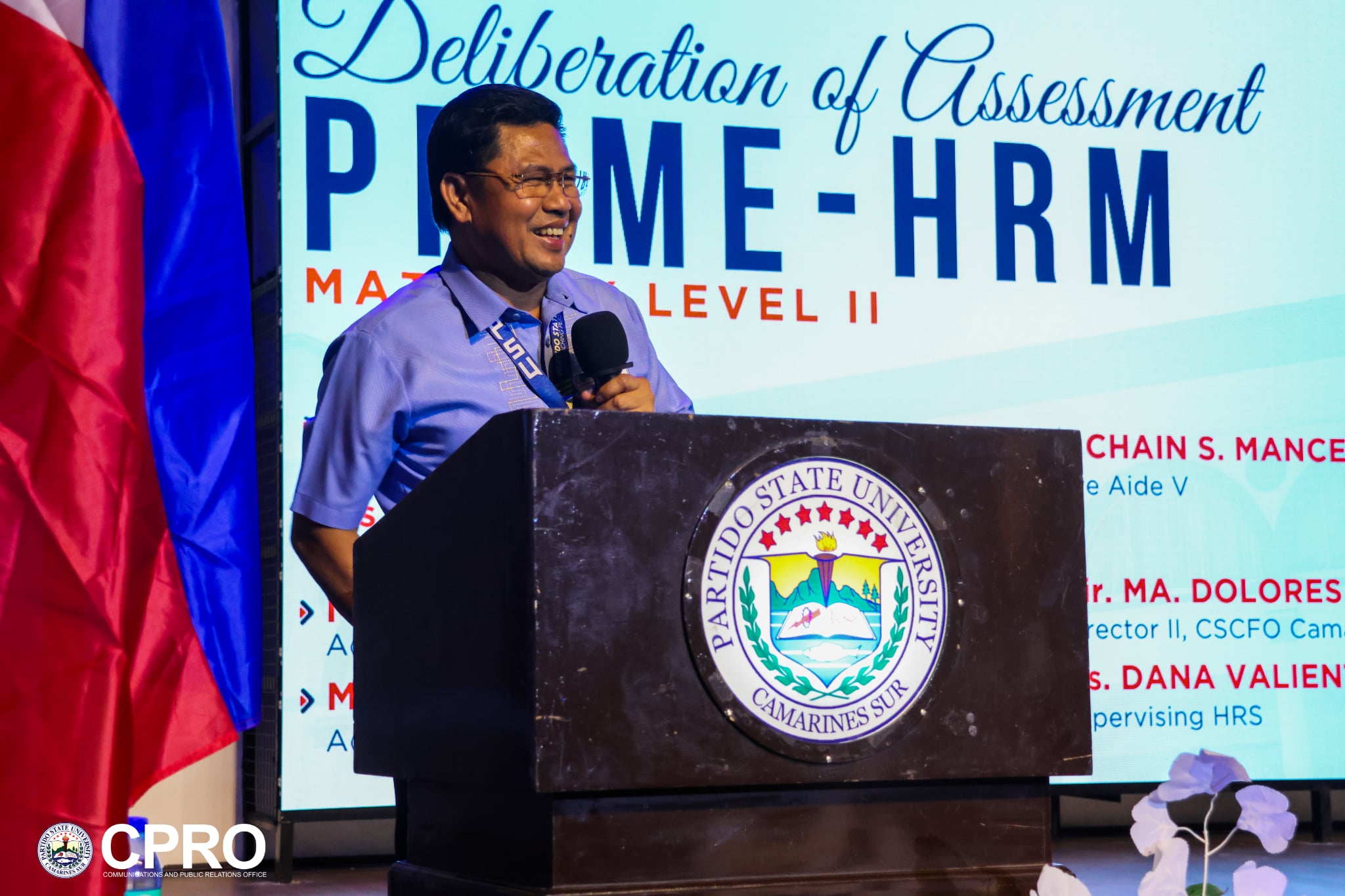
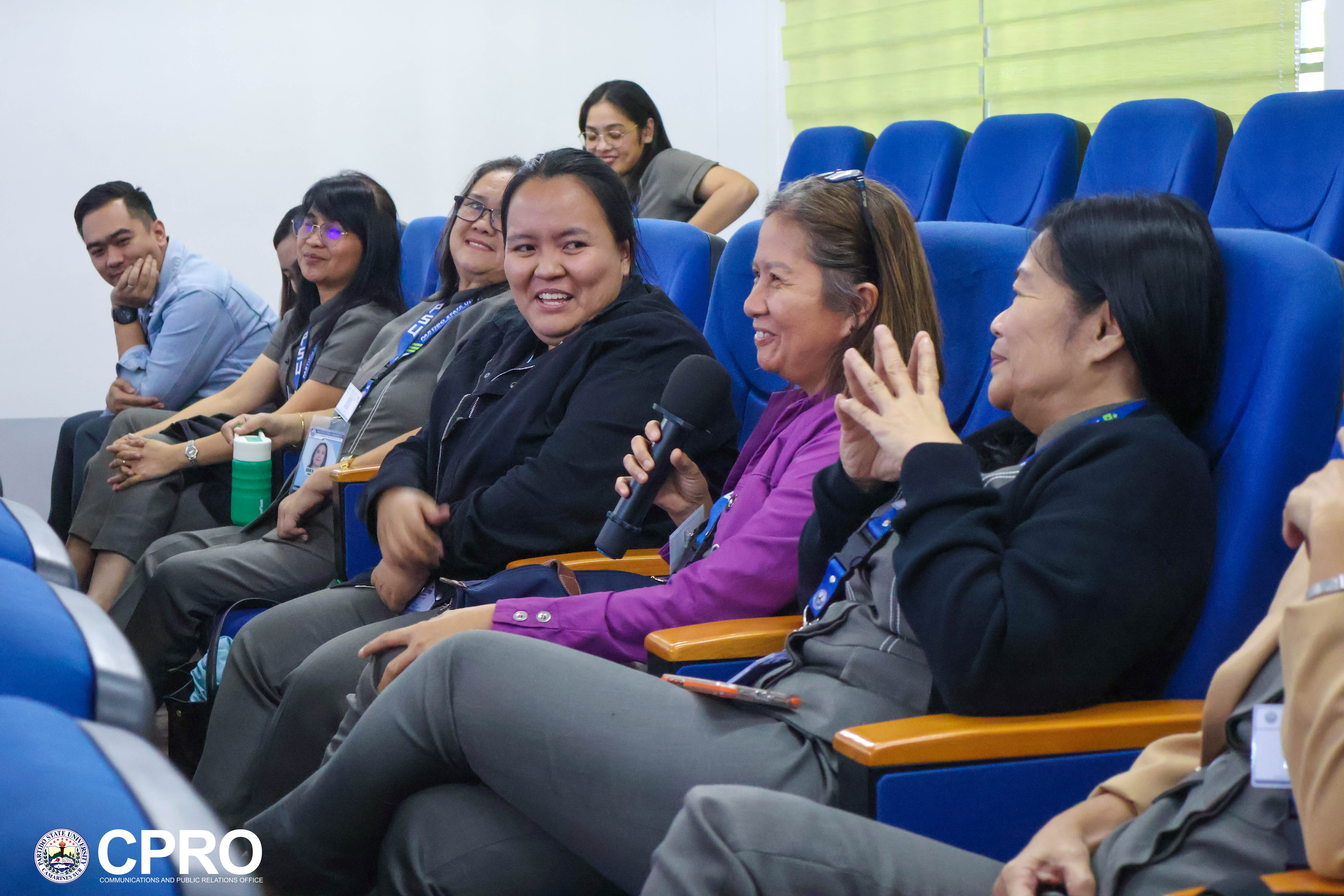
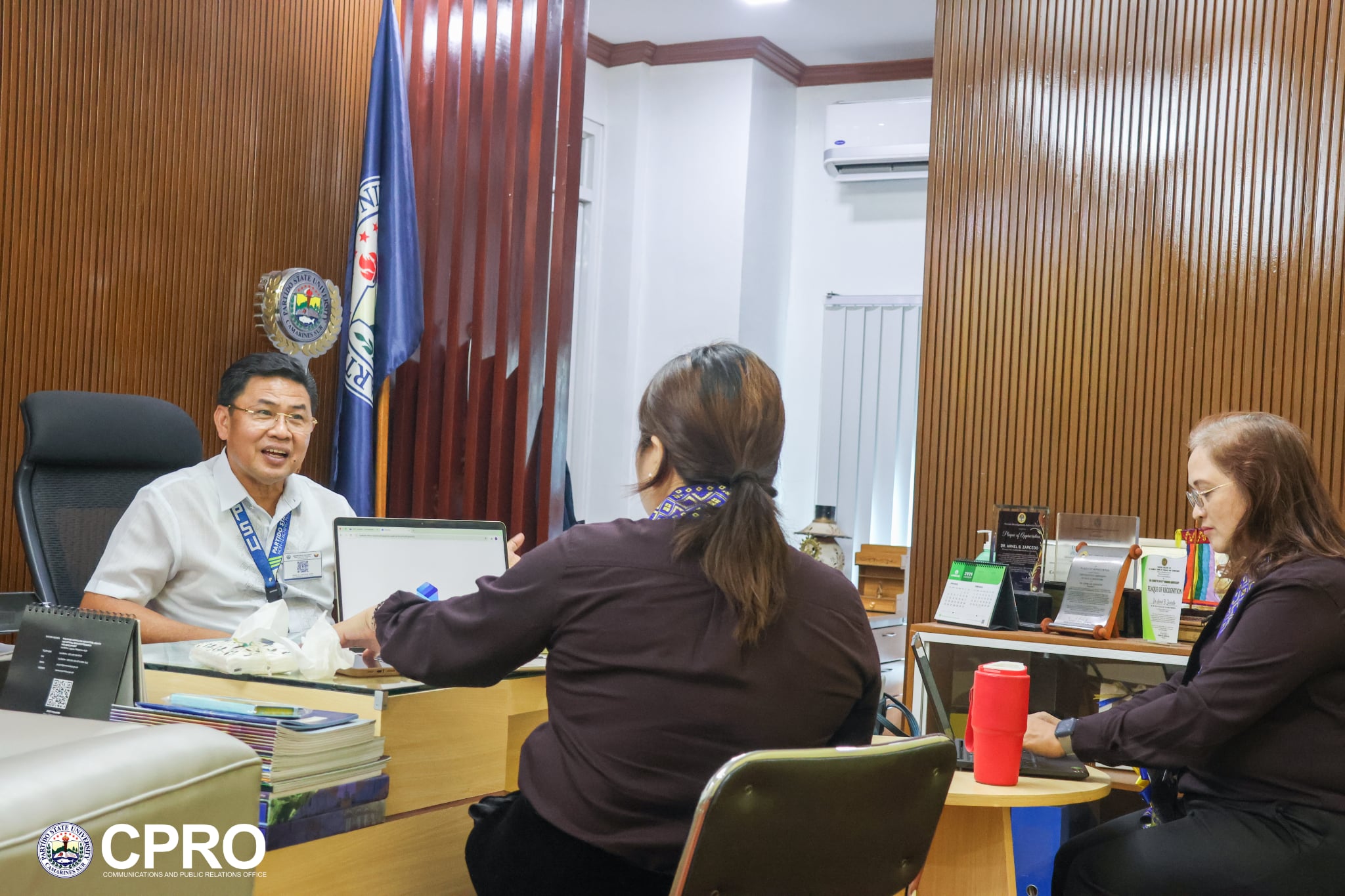
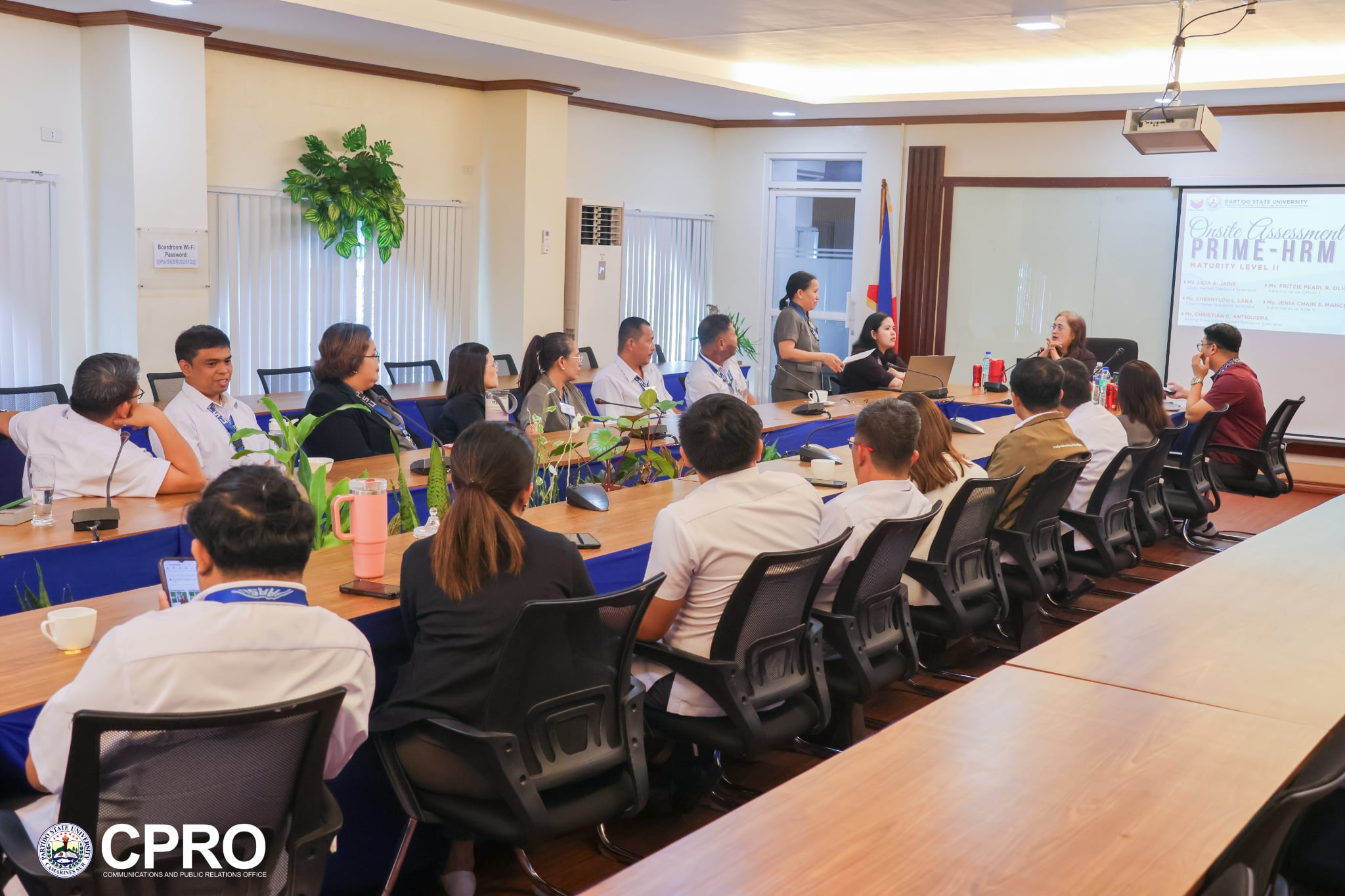
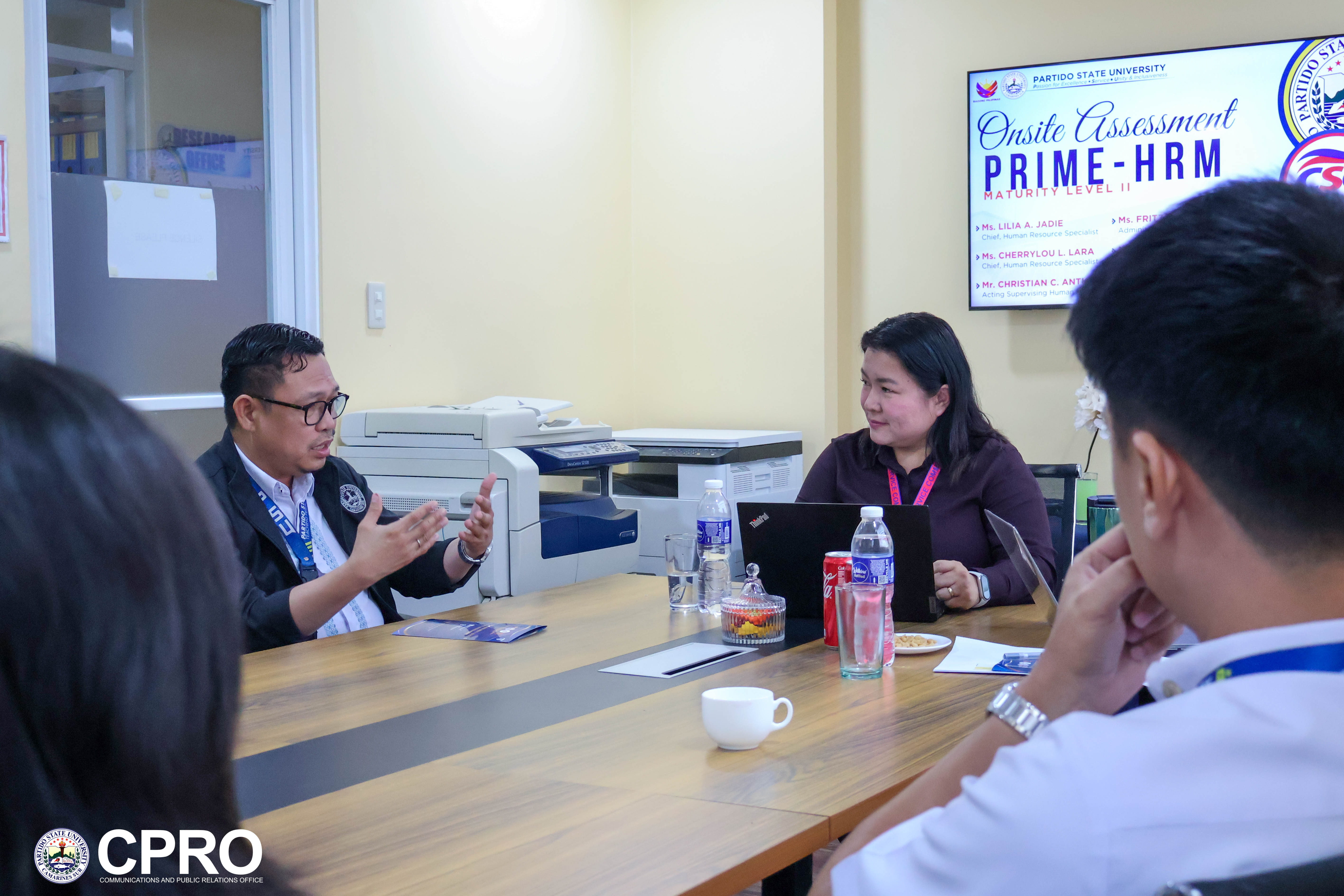
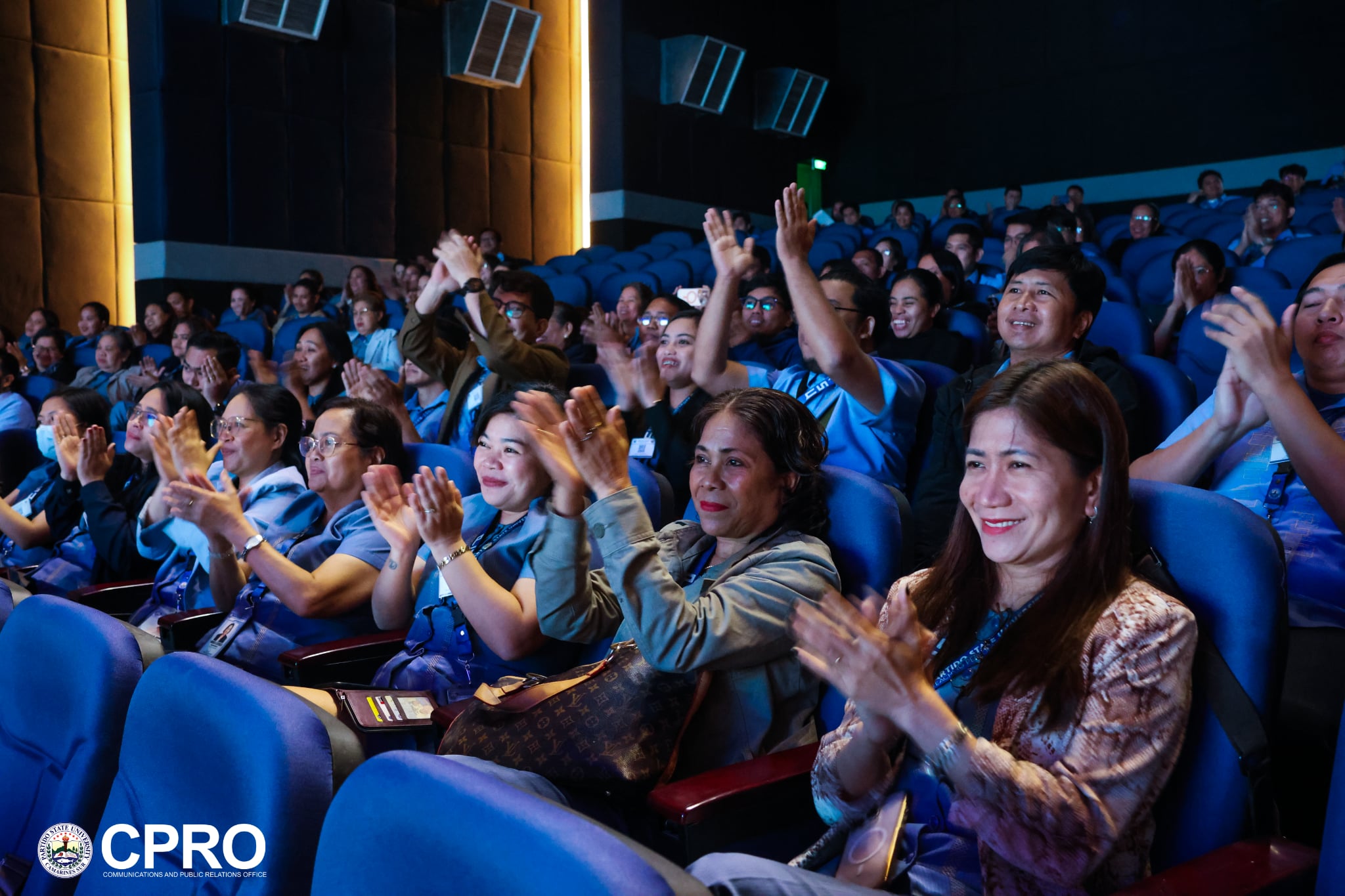
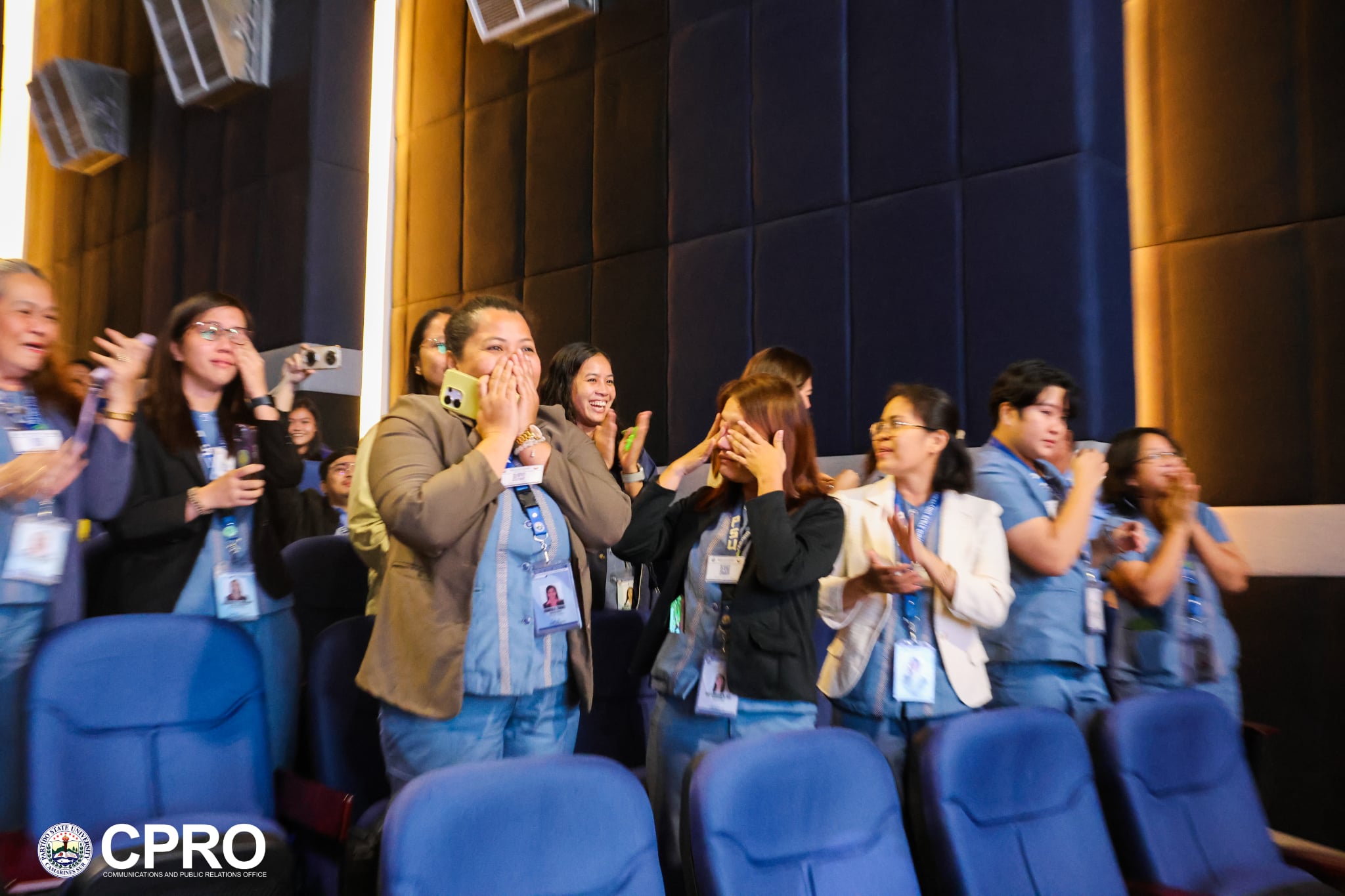
Partido State University (ParSU) proudly soars in human resource excellence, earning the Program to Institutionalize Meritocracy and Excellence in Human Resource Management (PRIME-HRM) Maturity Level II after achieving 100 percent compliance across all four core pillars of human resource management. This historic milestone follows a rigorous two-day onsite assessment by the Civil Service Commission (CSC) Bicol Regional Office and was officially conferred during the Exit Conference and Awarding Ceremony on February 5, 2026, at the ParSU Culture and Arts Auditorium.
The assessment formally opened on February 4, attended by University officials and employees. In his message, ParSU President Dr. Arnel B. Zarcedo underscored the University's people-centered approach to governance, emphasizing that "we have always believed that policies only gain meaning when they protect people, enable growth, and uphold dignity." He added that ParSU ensures its HR policies are aligned with CSC issuances and national standards, "not merely to comply, but to genuinely uphold our employees as our most important institutional resource."
During the opening program, Ms. Margarita M. Lanciso, the University's Acting Human Resource Management Officer, formally introduced the CSC evaluation team, namely: Ms. Lilia Jadie, Ms. Cherrylou Lara, Mr. Christian C. Antiquiera, Ms. Fritzie Pearl R. Oliquino, and Ms. Jenia Chain S. Mancera. The assessment was led by Ms. Jadie, Chief Human Resource Specialist, who oriented participants on the PRIME-HRM framework, scope, and evaluation standards.
Over two days, CSC evaluators conducted document reviews, interviews, and validation activities across the four PRIME-HRM pillars namely Recruitment, Selection and Placement; Learning and Development; Performance Management; and Rewards and Recognition. The evaluators interviewed selected representatives from all levels of the University, including the Head of Agency, Middle Managers, Level 2 and Level 1 employees, and the HRMU team to ensure a comprehensive and unbiased assessment of ParSU's human resource systems.
At the Exit Conference on February 5, the CSC confirmed that ParSU met all standards for PRIME-HRM Maturity Level II, affirming that the University has established fully functional HR systems aligned with CSC policies and guidelines. The achievement reflects months of dedicated and meticulous preparation, including benchmarking visits, regular meetings, and extensive orientation ahead of the assessment.
In his message of gratitude, President Zarcedo acknowledged the efforts of the HRMU and technical working group chair, stating, "Humble na akuon ang satong pagkukulang; maisog kita na i-develop or tabangan ang sadiri ta nganing mapakarhay ang satong pagkukulang," emphasizing that the University's strength lies in shared commitment, collective effort, and continuous improvement in public service.
Following the President's remarks, CSC CamSur Director Ma. Dolores Salud extended her congratulations to the ParSU community, saying, "Your success is the fruit of your dynamic collaboration and positive attitude as seen in your teamwork." She noted that achievement reflects not only regulatory compliance, but also "[a] strategy in giving your best to your employees and your [ParSU] community."
Echoing the sentiment of institutional dedication, Vice President for Administration and Finance Prof. Charlie Balagtas described the recognition as "a testament to our dedication to serving the public with integrity, efficiency, and effectiveness," reflecting ParSU's steadfast adherence to the highest standards of governance and public service.
Meanwhile, the Vice President for Academic Affairs highlighted the institution's forward trajectory, saying, "ParSU has travelled a remarkable journey of determination and resilience as we ascend to a higher maturity level." He concluded with a commitment to support in continuously refining the University's systems and boldly steer its human resources toward a more dynamic and effective public service.
With the conferment of PRIME-HRM Maturity Level II, ParSU celebrates not only a significant achievement but a renewed commitment to teamwork, resilience, excellence, and institutional growth. The recognition fuels the University's momentum toward greater maturity, reinforcing its vision of meritocracy, integrity, and service to the public.

